Imagine this—you're settling into a warm bath in your beautiful white soaker tub, the strains of the day melting away. Sounds heavenly, right? But here's something many might not consider when dreaming up their bathroom experience — the long-term durability of their bathtub. There are various bathtub materials out there, and while they may look equally lovely when they're first installed, not all materials are equal in terms of longevity.
If you're wondering, "What category of soaking tub is up for the long haul, particularly if I'm spending for some white soaker tub? You're" You're in the right place. I've broken it all down for you below, comparing each material and its unique properties and helping you make an informed decision.
The Value of Durability When It Comes to Your Bathtub
Durability isn't only about not developing cracks or chips. A durable bathtub material will withstand day-to-day use while keeping its finish intact, staining at bay, and looking beautiful for years. Whether you're a bath fiend or have children using the tub as their splash zone, the right material guarantees long-term satisfaction (and fewer headaches).
When purchasing something timeless, like a white soaker tub, you want it to endure wear and tear without sacrificing style. And it's pragmatic, too—long-lasting tubs save dollars by minimizing the spend on frequent repairs or replacements.
Earlier, we offered an overview of popular soaking bathtub materials and how they hold up over time.
Acrylic
Acrylic is the most popular material for soaker tubs—and for good reason.
Why Acrylic is a Top Choice
An acrylic bathtub consists of a lightweight, durable sheet of plastic reinforced with fibreglass. They're extremely resilient, making it a preferred option for homeowners seeking durability.
Durability Features:
l Chip- and Crack-Resistant: Acrylic is flexible and responds well to everyday use without cracking under pressure.
l Stain Resistance: It resists stains from bath products, so you don't have to work hard to keep it clean.
l Retains Heat: It also helps maintain the warmth of your bathwater for hours on end—a nice bonus for long soaks!
l Lightweight Yet Strong: Facilitating (and lowering) installation.
One of the biggest perks is that acrylic tubs are available in various shapes and sizes, including the popular white soaker tub designs. Brands like Wellfor have designed premium acrylic options that offer both style and resilience.
Drawbacks to Consider:
Though Acrylic is durable, it can scratch more easily than harder materials. The good news is that scratches of this magnitude can often be buffed out relatively easily.
Cast Iron
Want a tub material that pretty much cries durability? Cast iron might be the tank of the tub world.
Why Cast Iron Endures Through the Ages
Cast iron tubs are poured with molten iron and then coated with a thick enamel layer. They are heavy-duty and designed to last decades , if not generations.
Durability Features:
l Almost Unbreakable: Cast iron tubs are extremely difficult to crack, dent or scratch.
l Heat Retention: They retain your water's heat for long periods (yes to longer soaks)!
l Luxurious Finish: An enamel-coated cast iron tub, particularly in a brilliant white, is a high-end feature that adds elegance to any bathroom.
Drawbacks to Consider:
Weight: These tubs are HEAVY. You might need reinforced flooring to hold the tub's weight and the water. Having to install these may add to installation costs.
Cost: Although lovely, cast iron tubs are typically pricier at the outset. However, the cost is often justified by their longevity.
A white soaker tub is a classic preference, and if you're looking for one that's going to last the test of time, cast iron is a great choice if the budget is available.
Fiberglass
Fiberglass is a practical, low-cost option when it comes to bathtub materials. It's an economical solution that serves a lot of homeowners well.
Why Fiberglass is Popular
Fiberglass tubs are made with reinforced plastic. They are simple yet and ideal for anyone on a budget.
Durability Features:
l Price Friendly: Among the cheapest in the market.
l Lightweight: Much easier to install than heavier materials.
l Makeup sponge Application: Comes in many different designs — white soaker tubs, naturally.
Drawbacks to Consider:
l Prone to Wear: Fiberglass tubs are less durable than Acrylic or cast iron. They're also more prone to fading, scratching and cracking over time.
l Maintenance: Fiberglass is a porous surface and will absorb water if not sealed properly. And over time, this can cause mould or mildew.
These options are great for homeowners who require a fast and inexpensive bathtub solution, but if you require longevity, you may consider other choices.
Porcelain on Steel
Porcelain on steel isn't the first material that typically comes to mind, but it's a classic option worth considering.
The benefits of porcelain on steel and its durability
These tubs are manufactured by fusing a layer of porcelain over a steel base.
Durability Features:
l Stain & Chemical Resistant: The non-porous porcelain surface is durable and simple to care for.
l Cost: Less expensive than cast iron.
l Classic Appeal: Comes in sleek white finishes, driving a strong candidacy for a white soaker tub
Drawbacks to Consider:
l Prone to Chipping: Unlike cast iron, the porcelain surface can chip, exposing the steel below (and possibly leaving it to rust).
l Weight: Lighter than cast iron but heavier than acrylic or fibreglass options.
Stone Resin
Stone resin is another premium option, one that combines luxury and durability.
Stone Resin: Why It Is More Durable than the Rest
Stone resin tubs are made from a blend of crushed stone and resin. They combine the beauty of natural stone with modern durability.
Durability Features:
l Unmatched Toughness: Scratch, crack and chip resistant
l Luxurious Aesthetic: The stone resin tub has a high-end, luxurious look that will enhance the aesthetic in any space.
Heat Retention: Like cast iron, this material retains the bathwater temperature for a long!

Drawbacks to Consider:
l Price: These tubs are typically high-end and not aimed at buyers with a budget.
l Weight: It needs reinforced flooring and professional installation like cast iron.
If a white soaker tub is a statement piece, splurge on stone resin.
Wrapping Up
There is no one-size-fits-all answer regarding which is the best material to go with for your white soaker tub. Your choice will be based on your goals, budget, and your intended use for your tub.
For cost and low upkeep, Acrylic and fibreglass are great options.
For everlasting durability: Choose cast iron or porcelain enamel on steel.
For luxury factor and sturdiness: Stone resin is tough to match.
Wellfor offers top-quality tubs designed for durability and style. Whether you want a sophisticated acrylic white soaker tub or a stunning statement piece made from stone resin, we have the perfect bathtub to transform your bathroom experience.
Feeling inspired? Explore our selection today, and the bathtub of your dreams awaits!
Happy soaking!

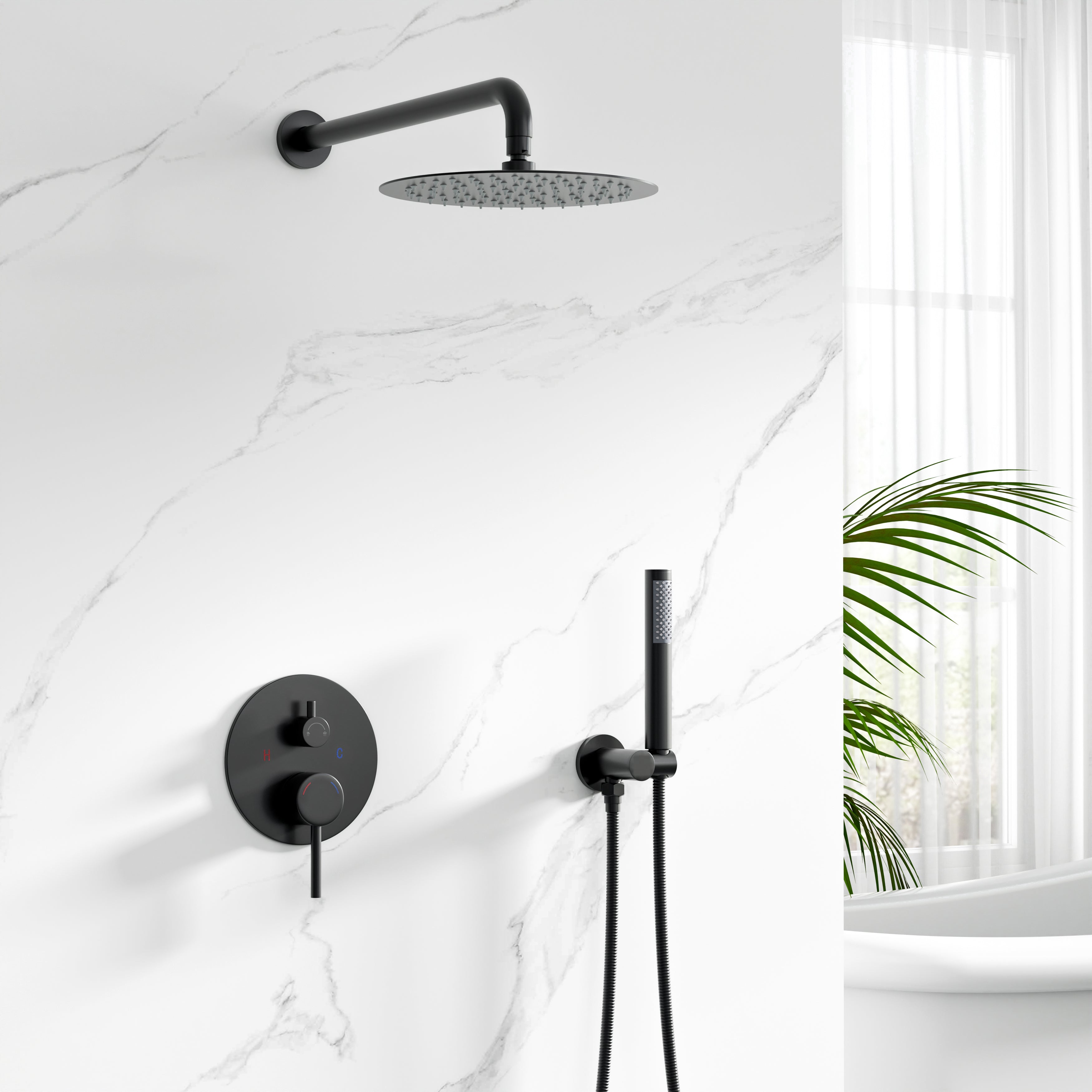
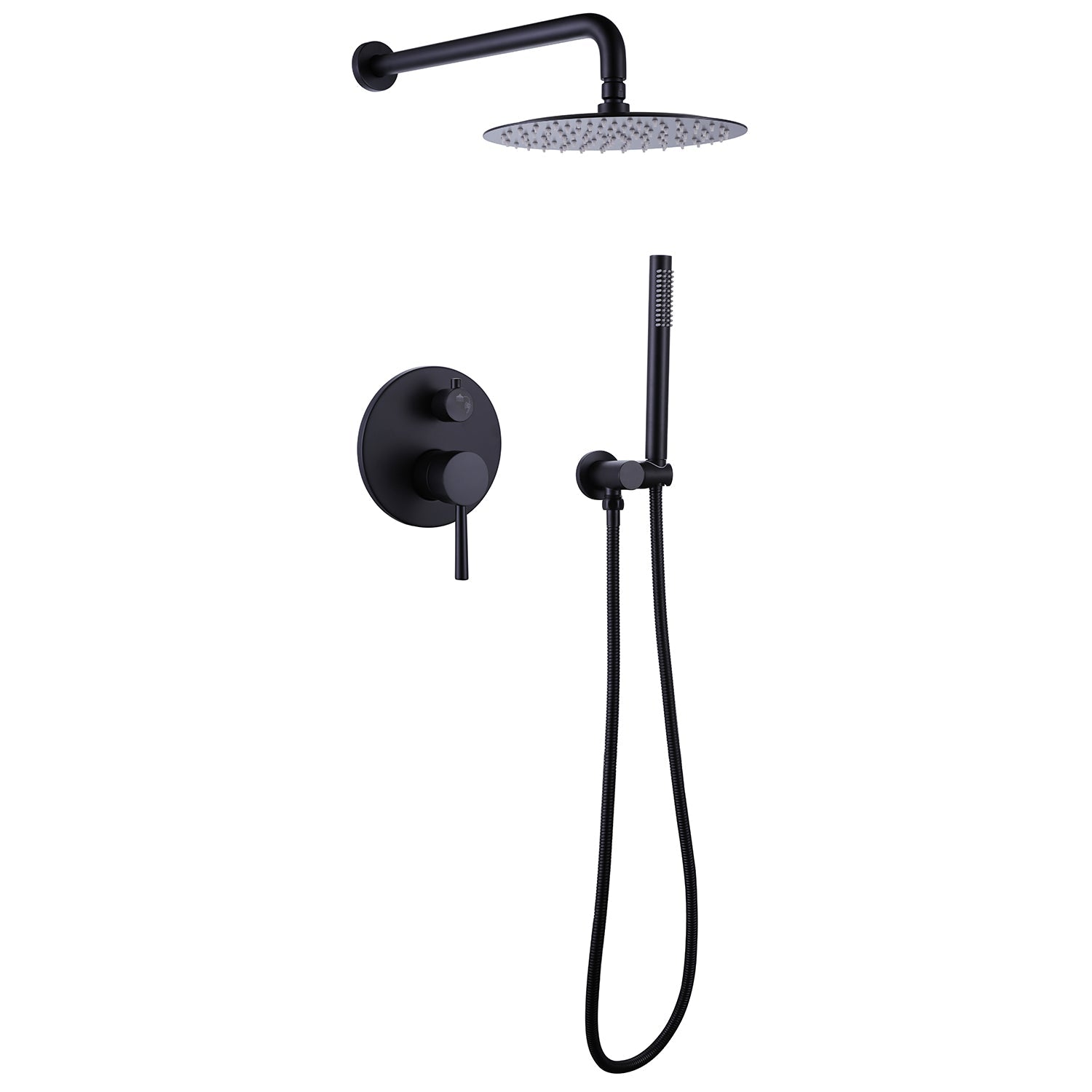


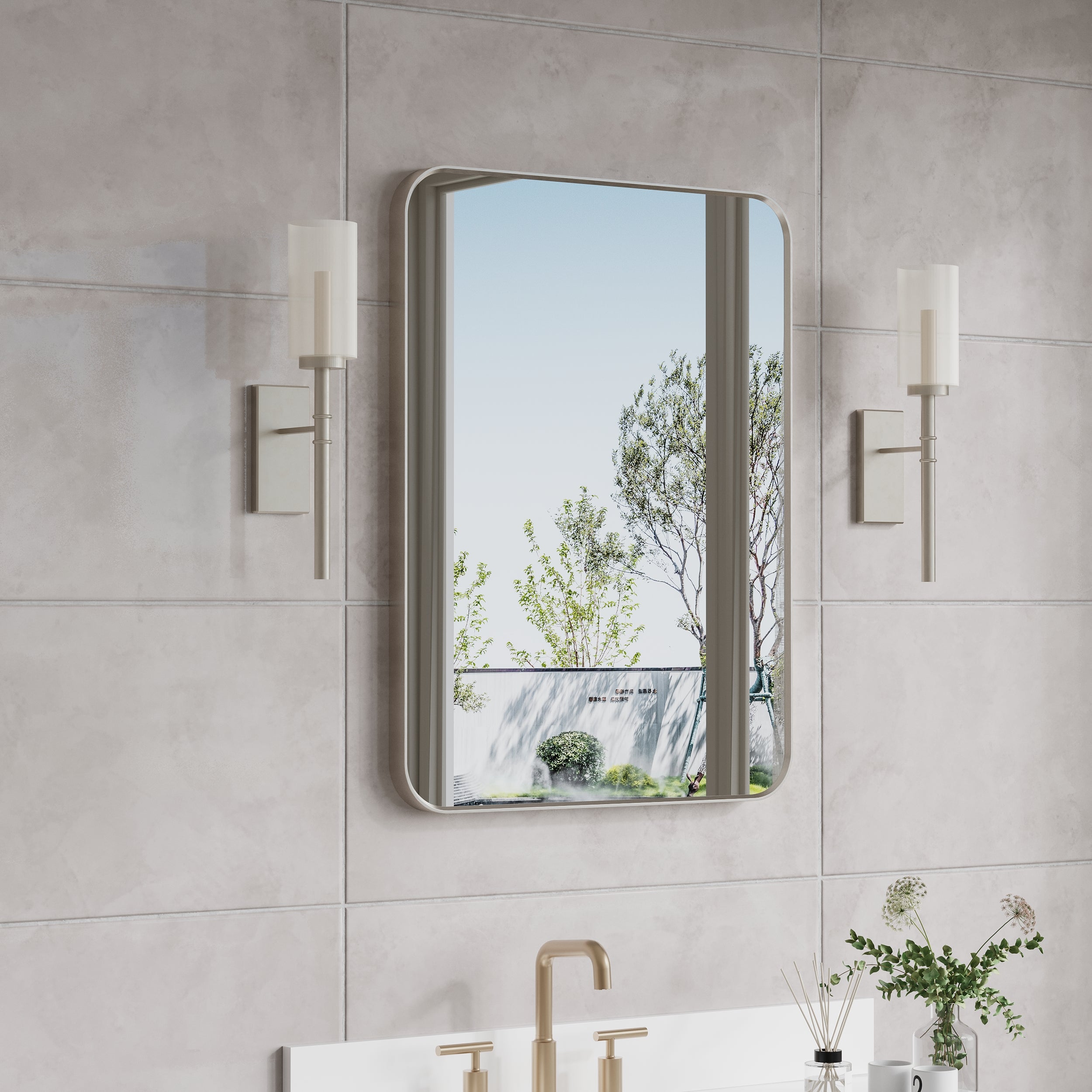
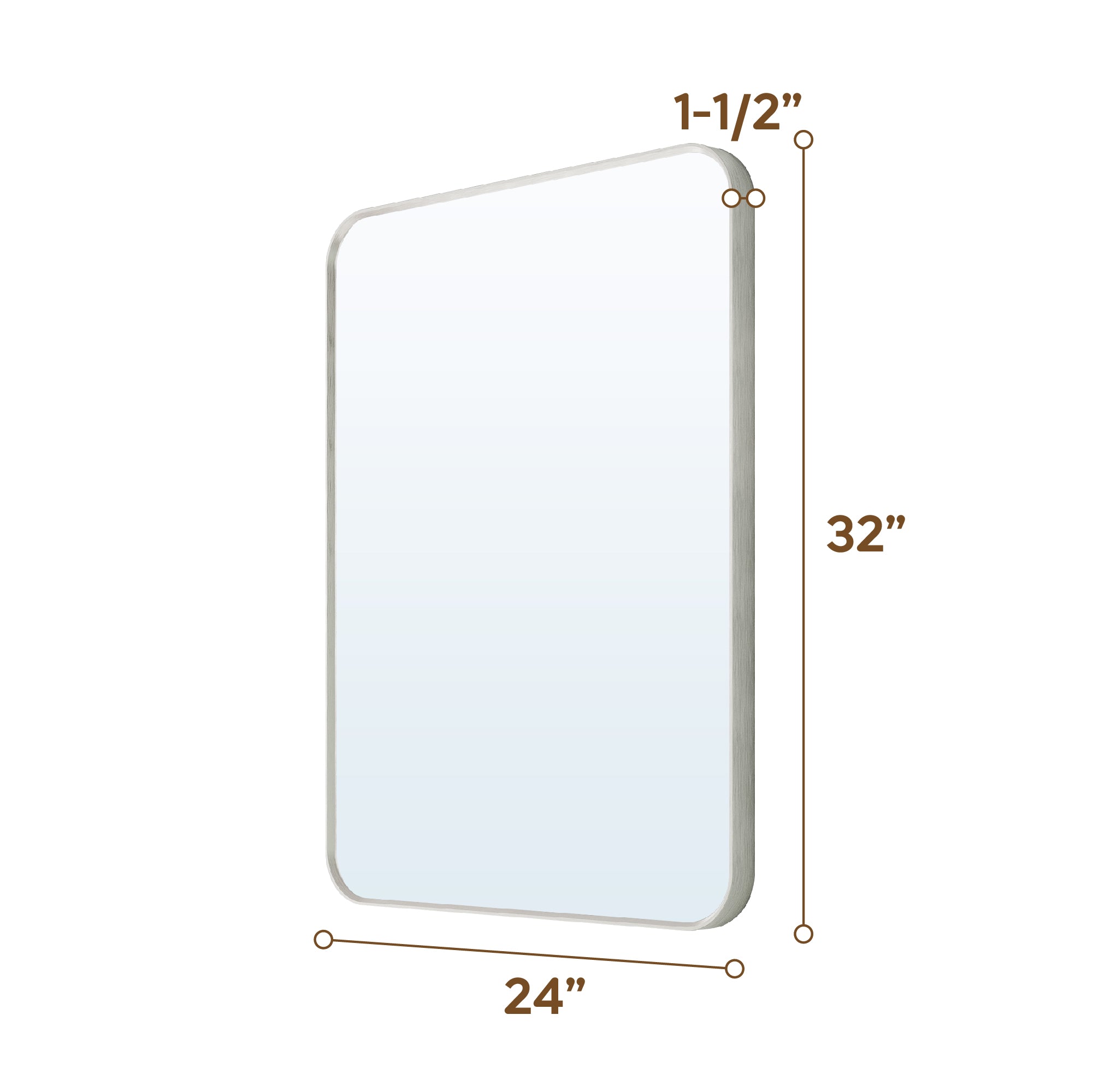



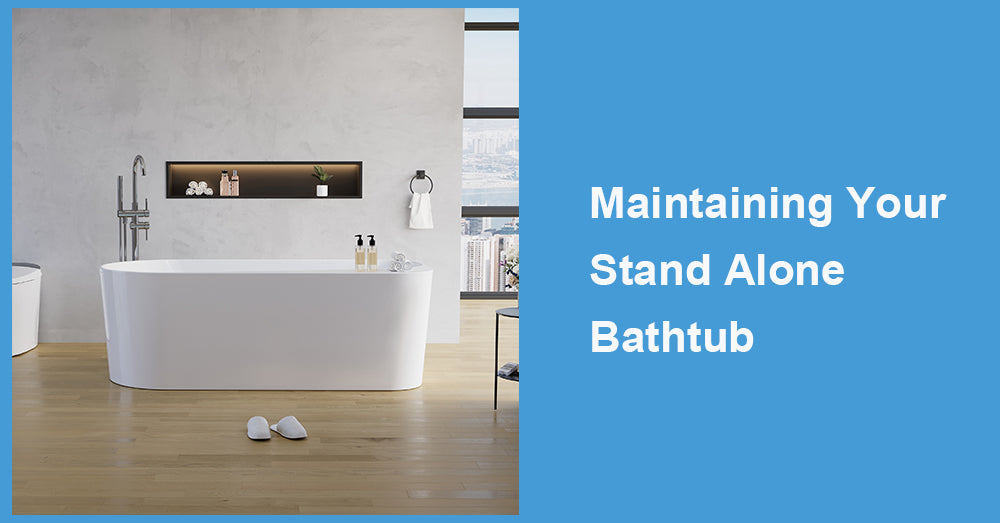
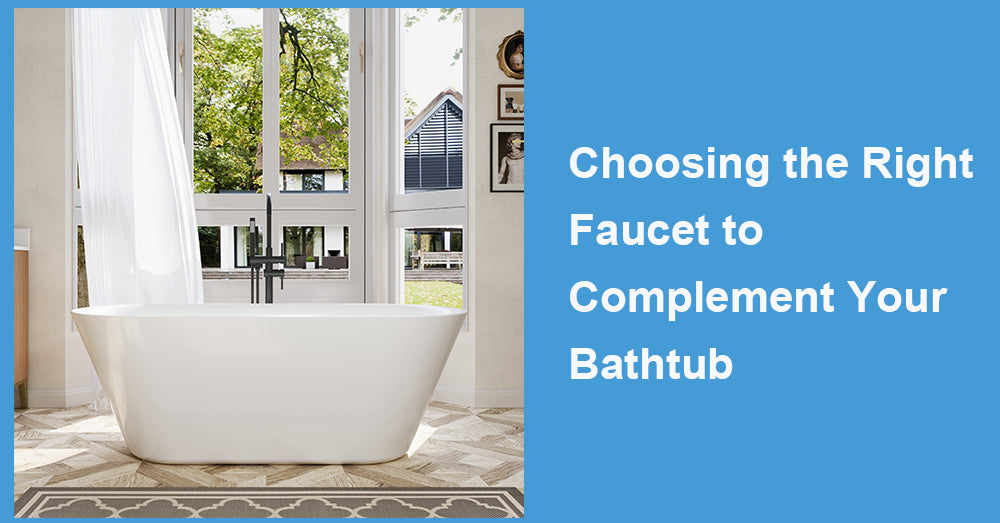
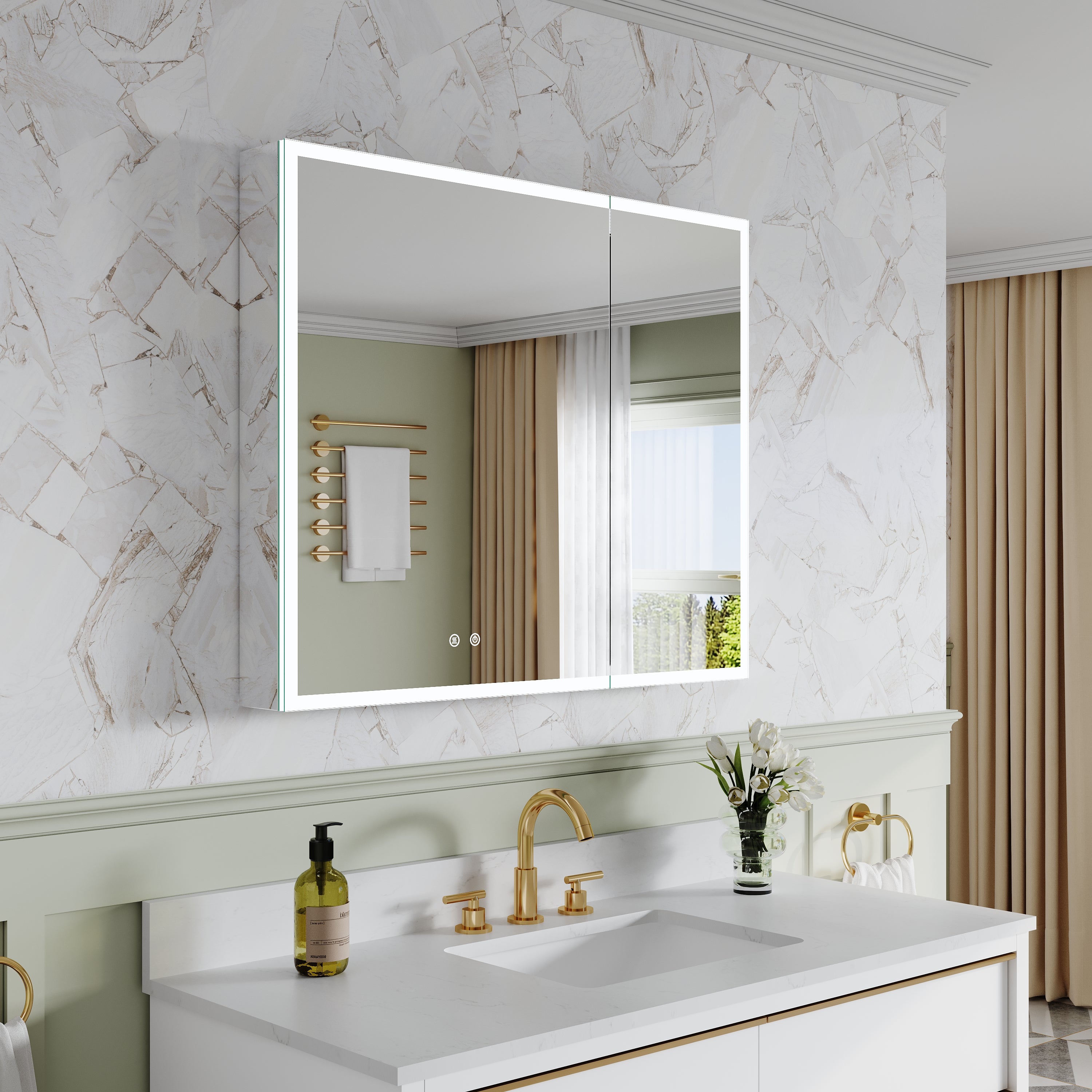
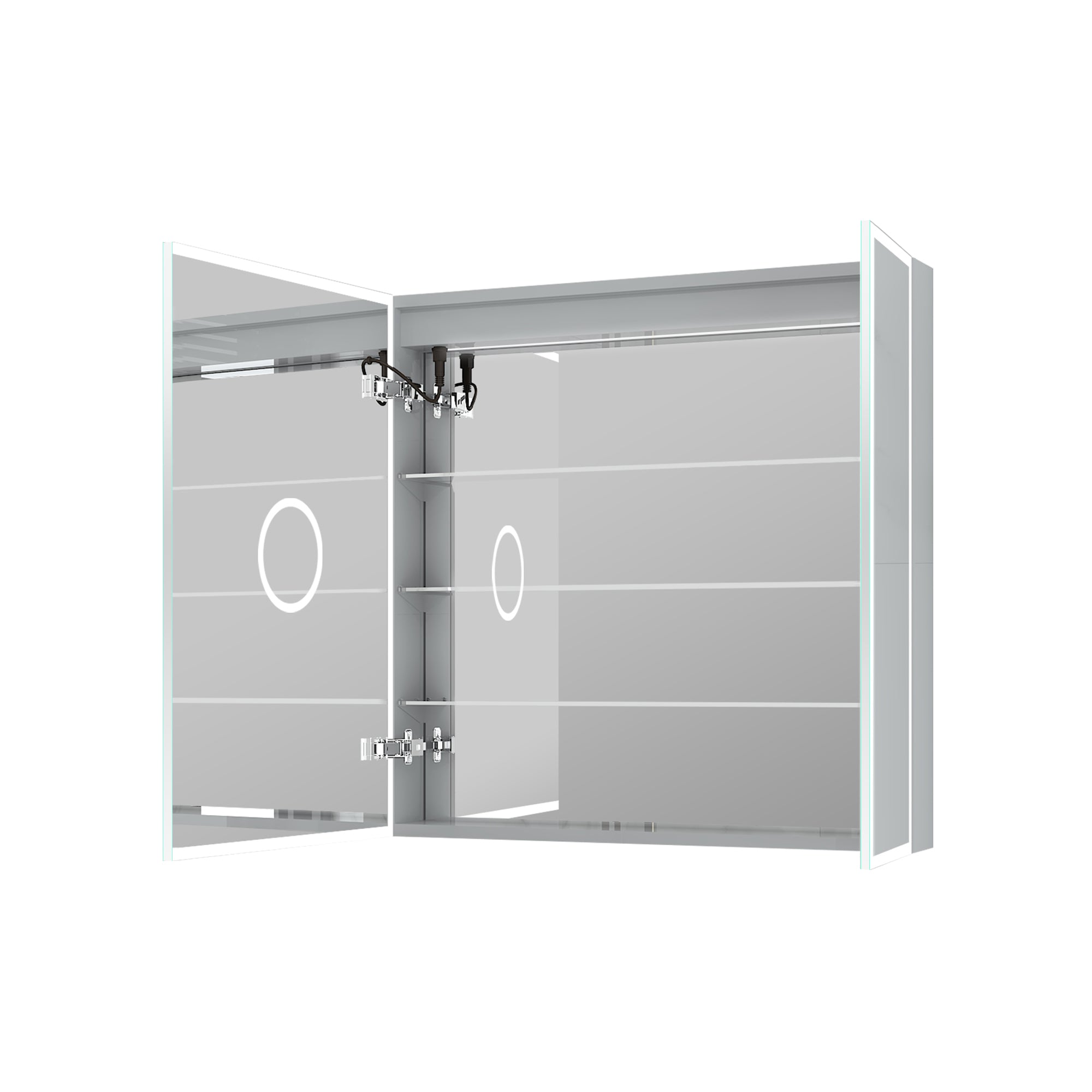
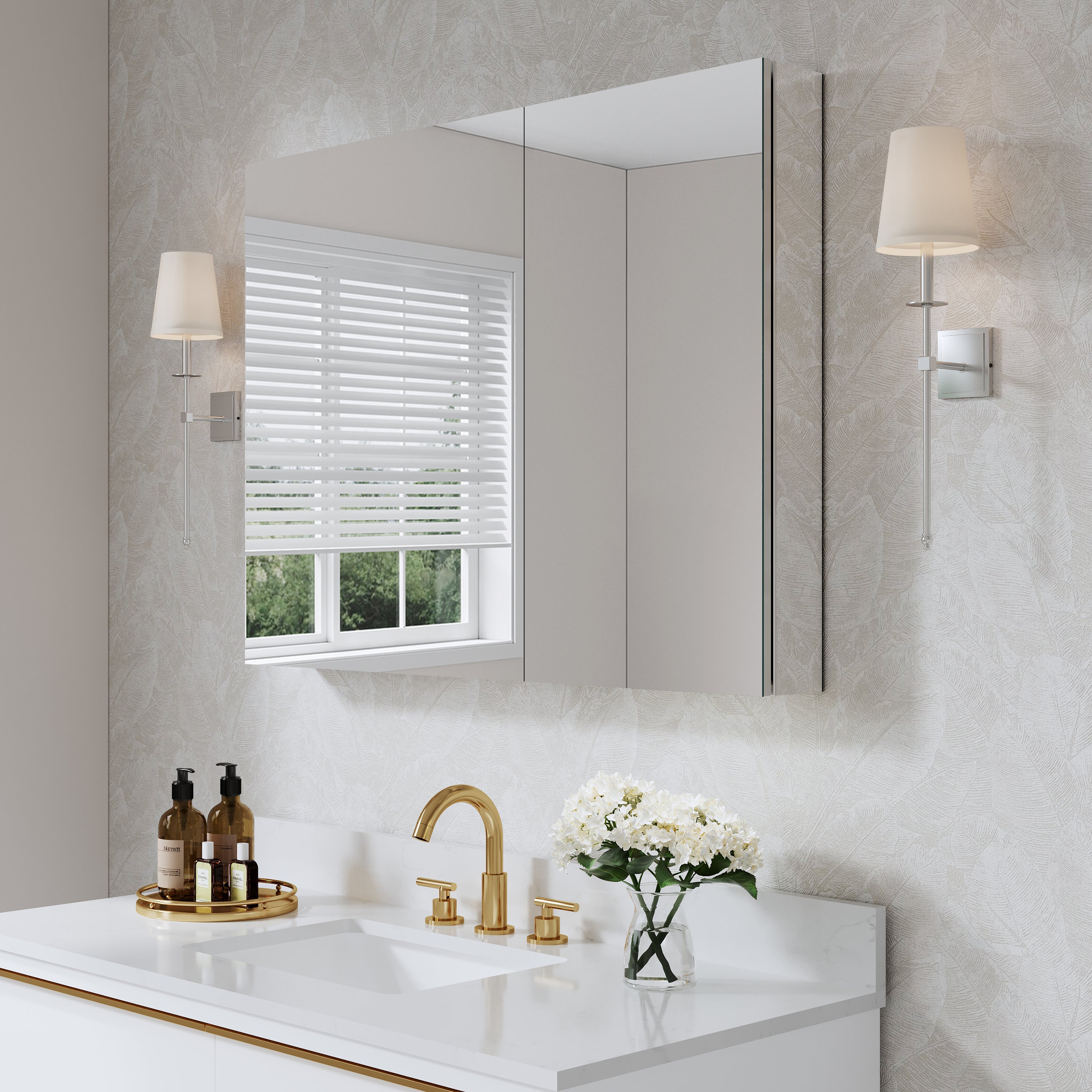

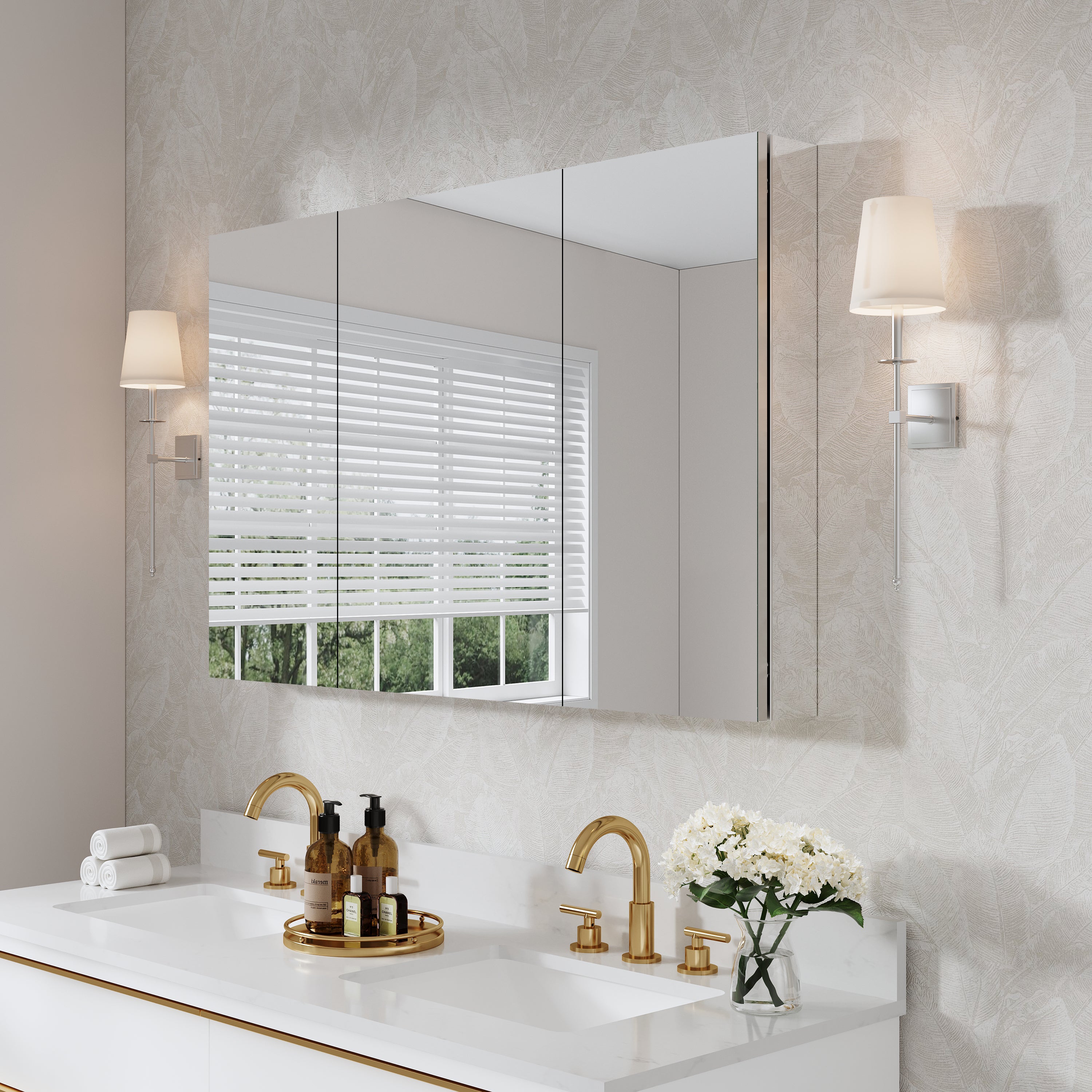
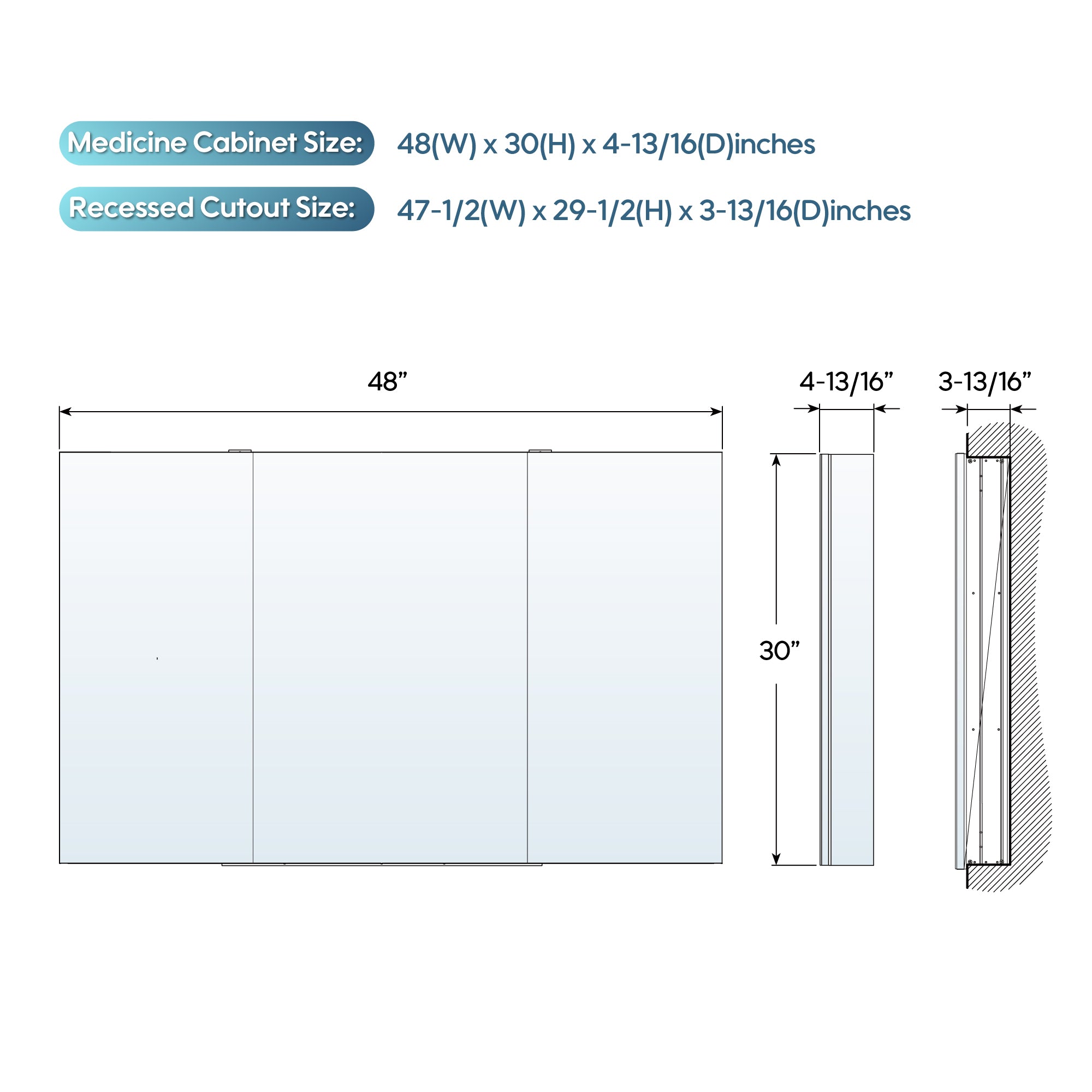
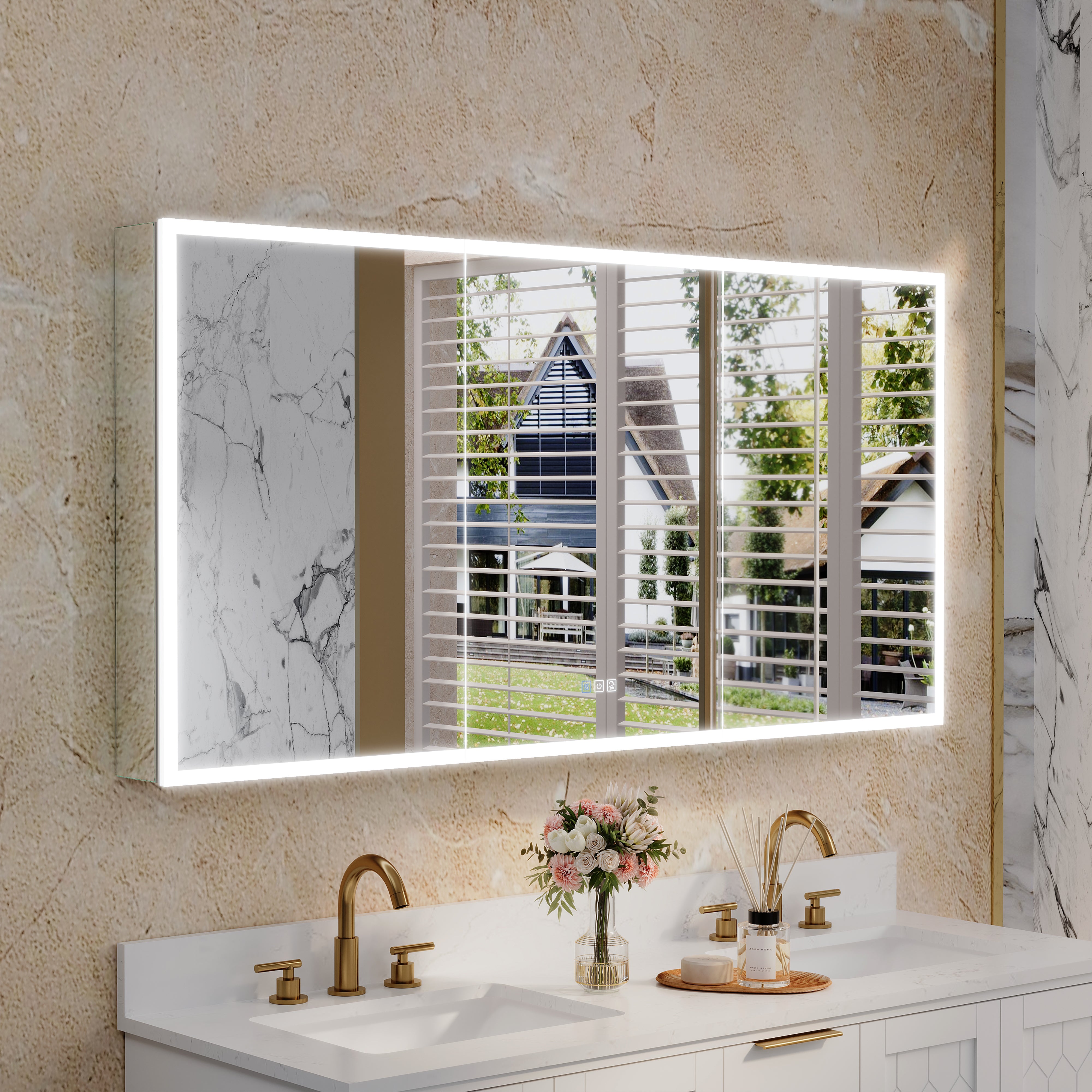
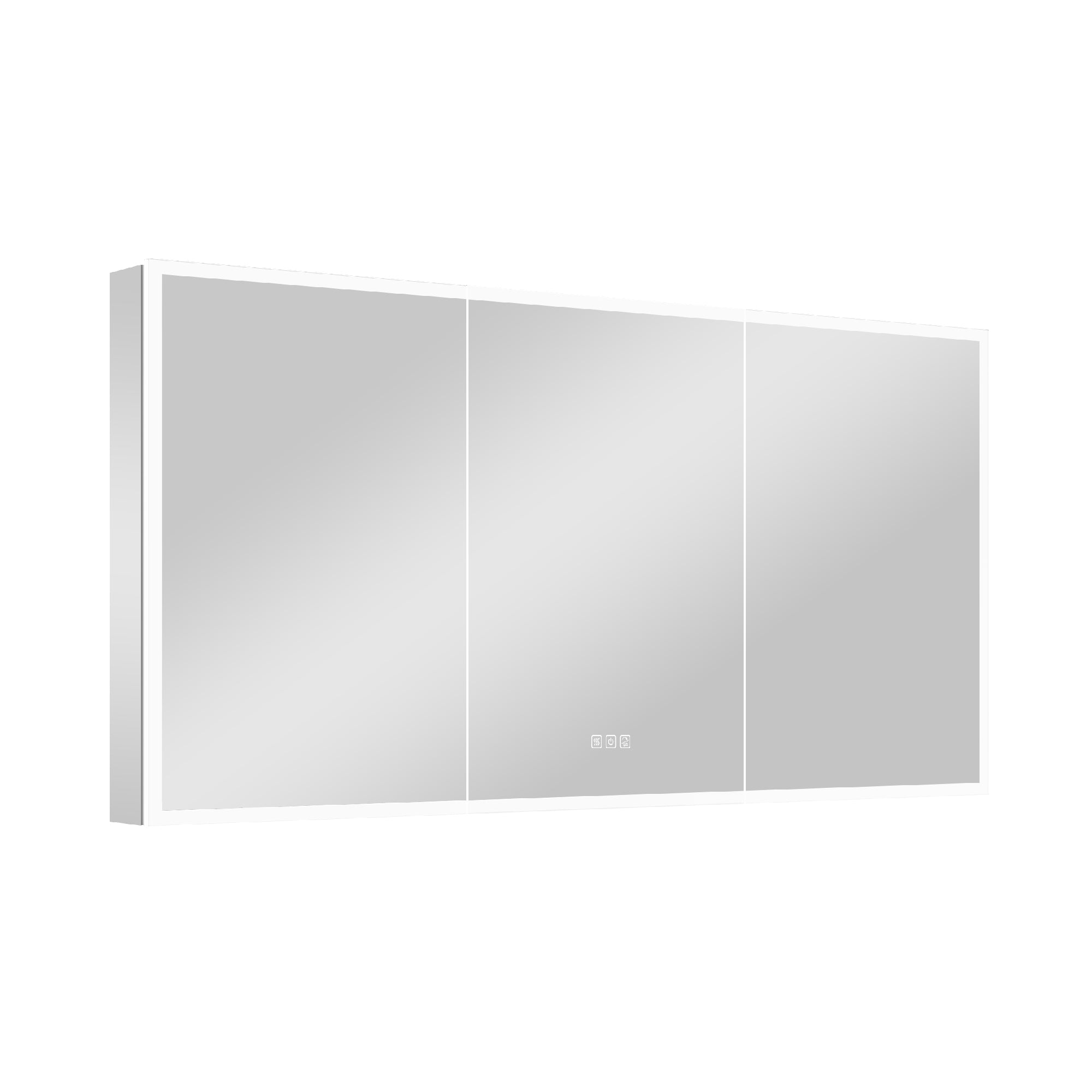
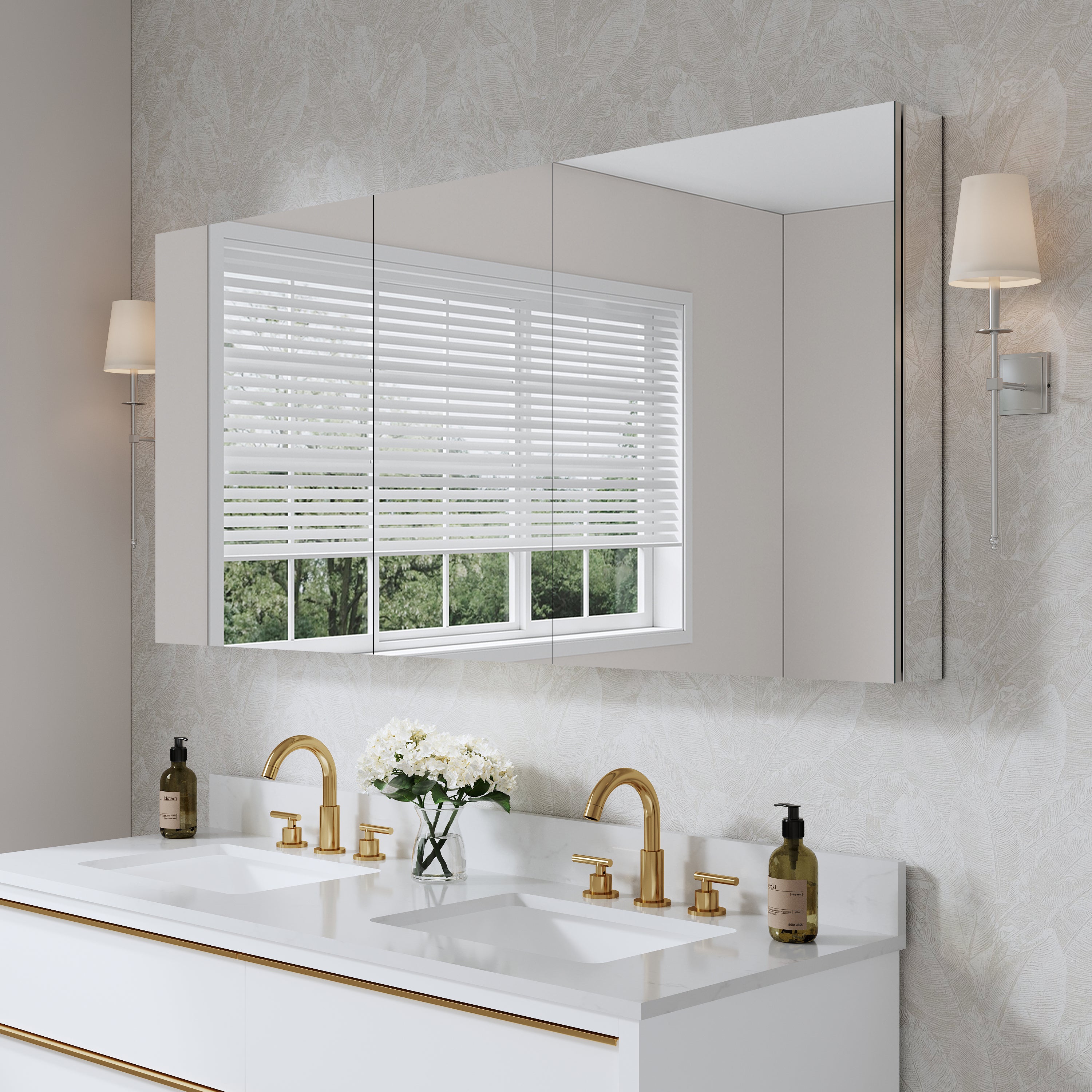

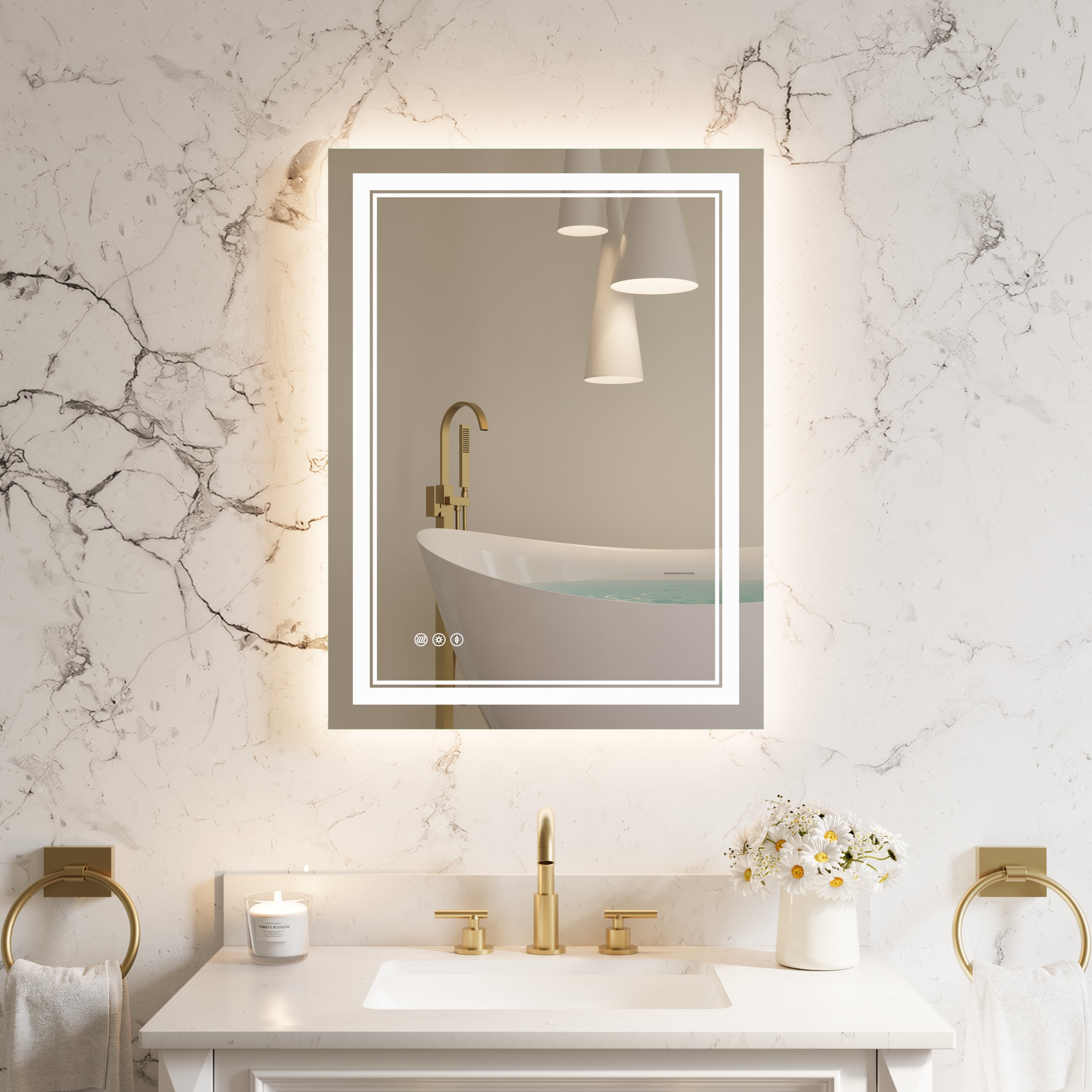
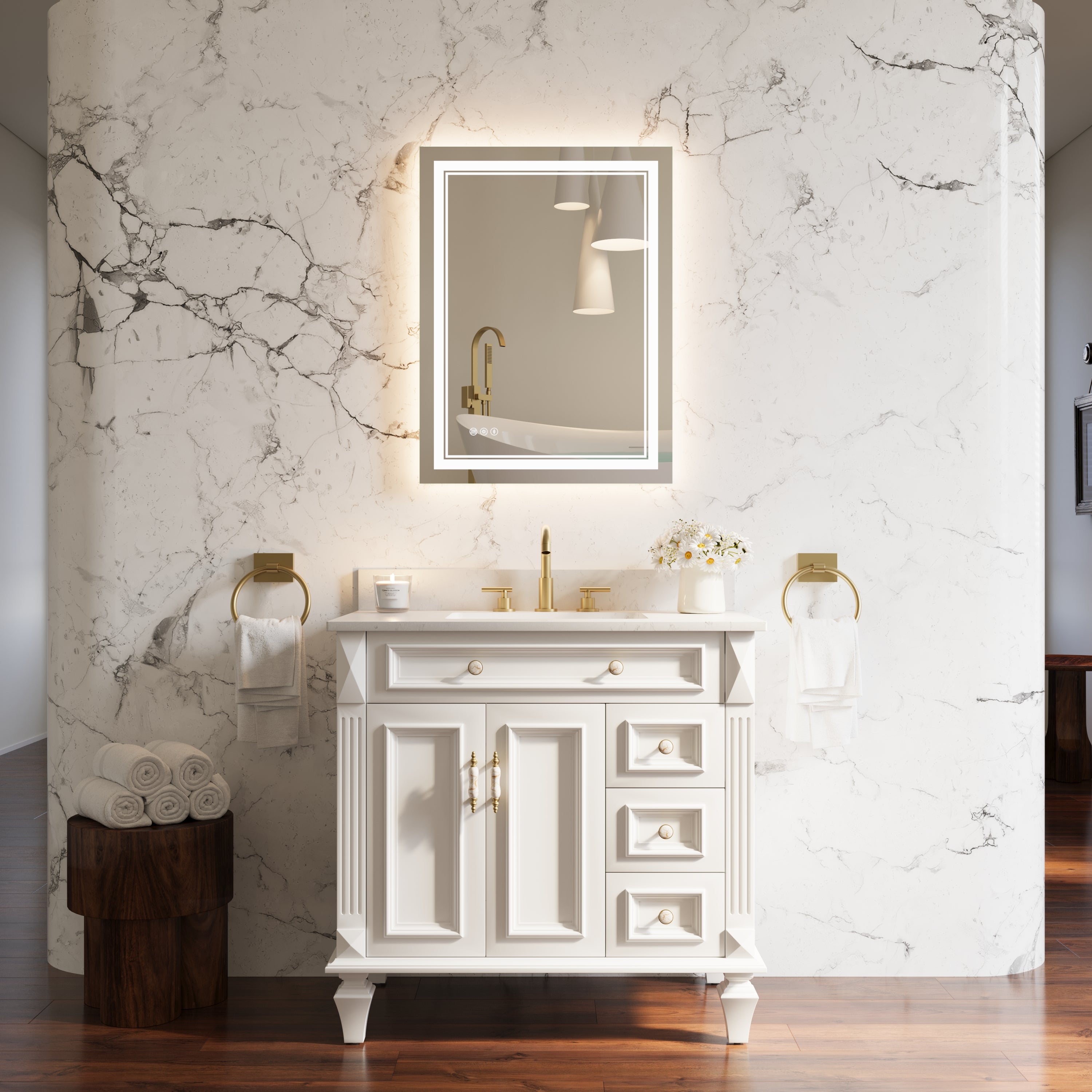
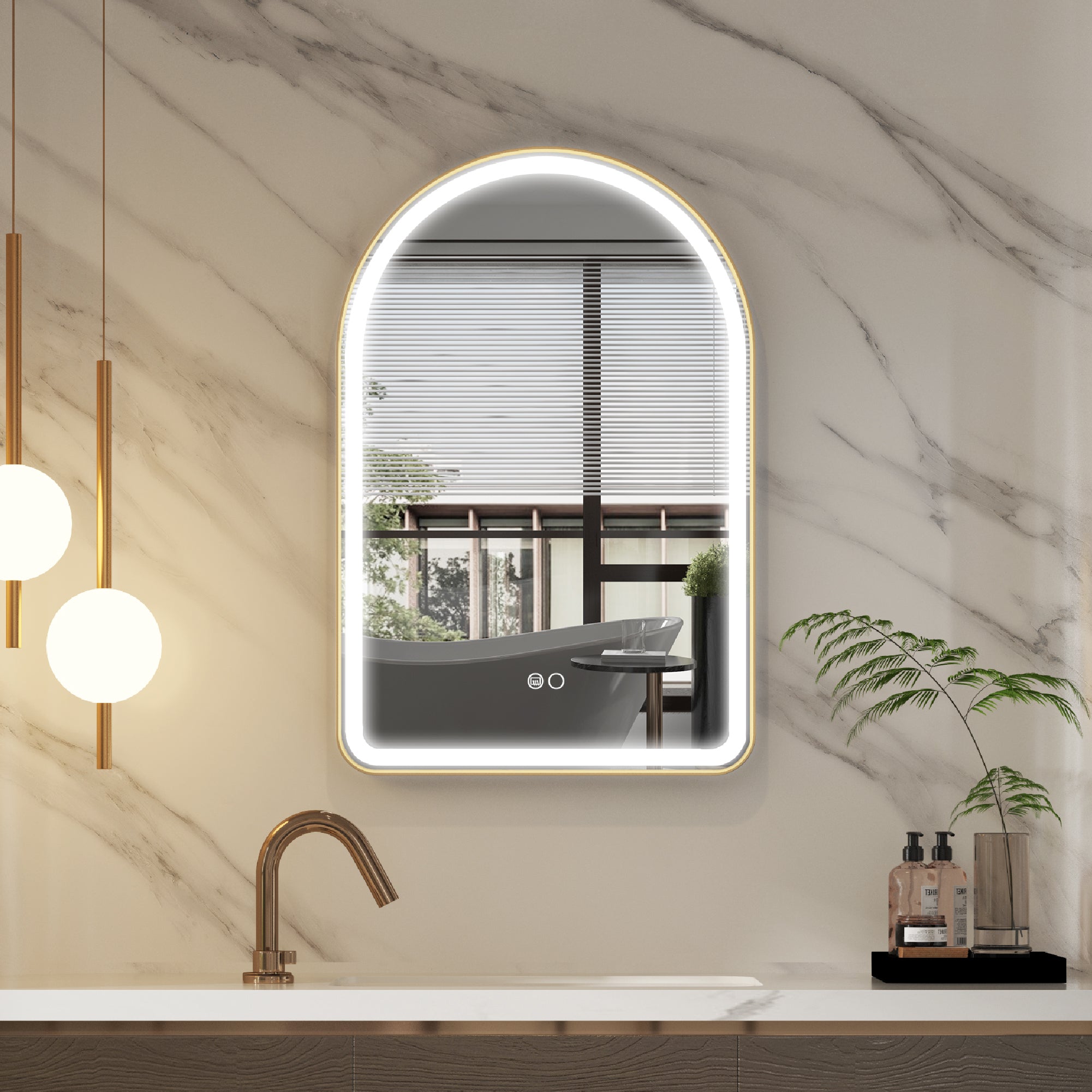
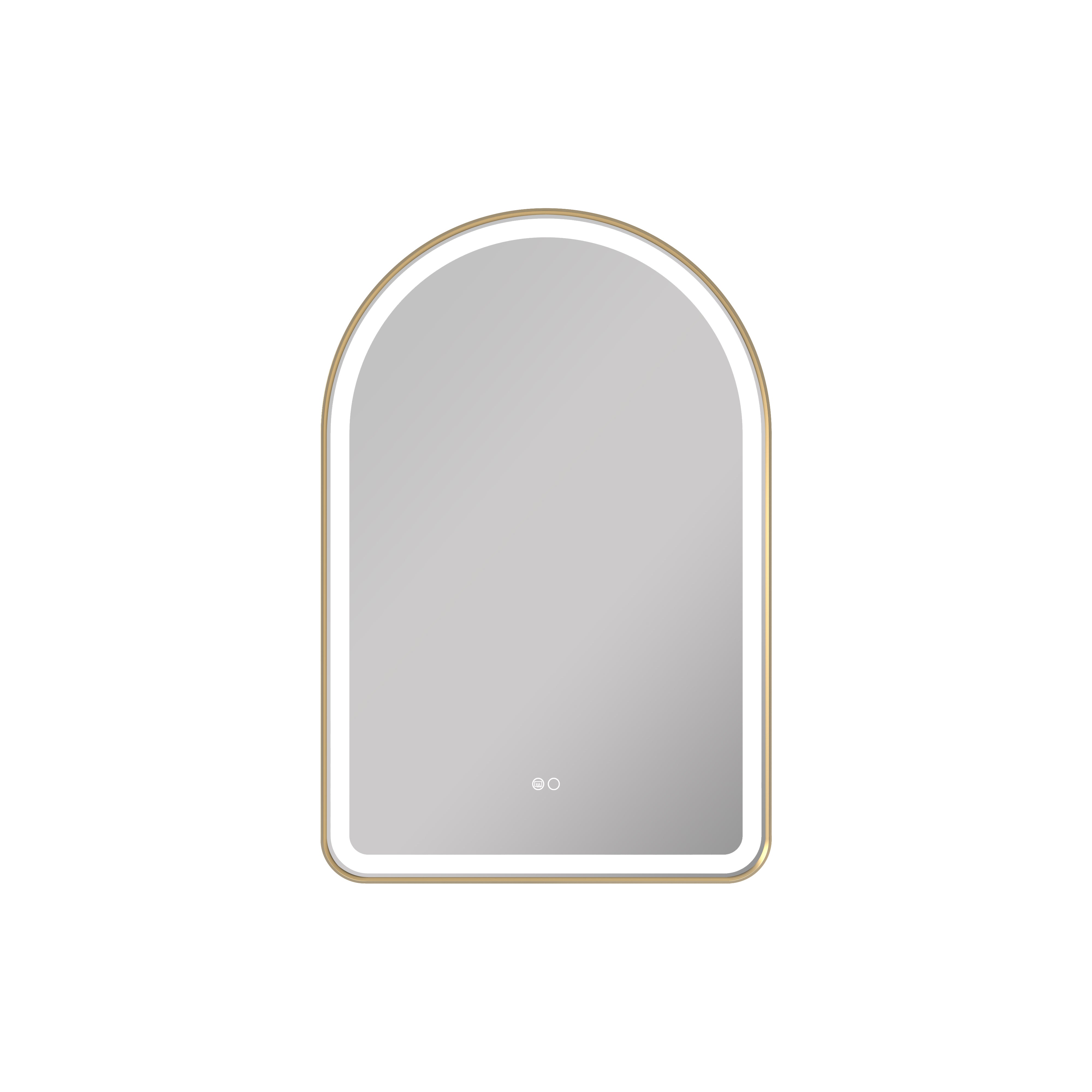
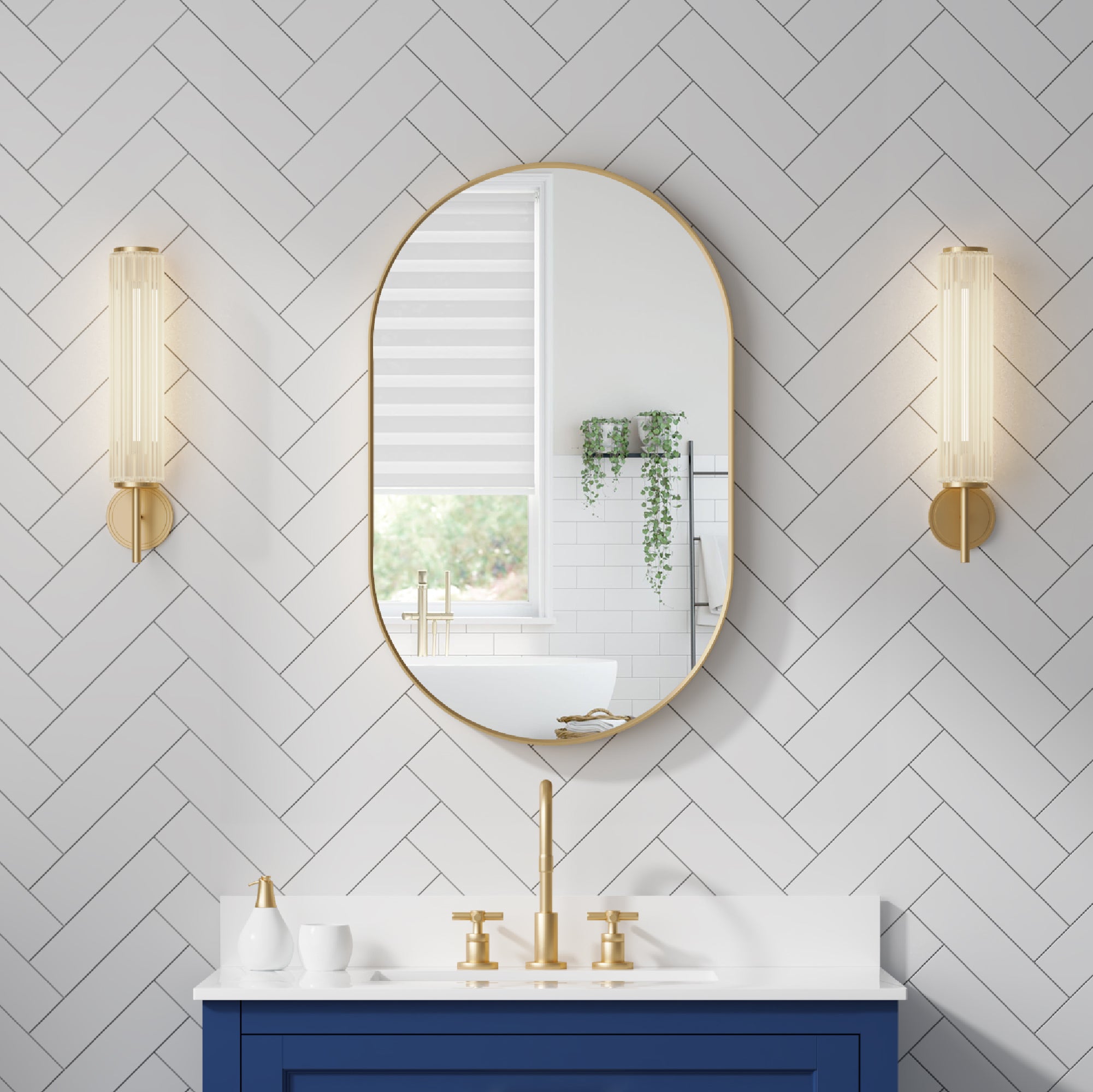
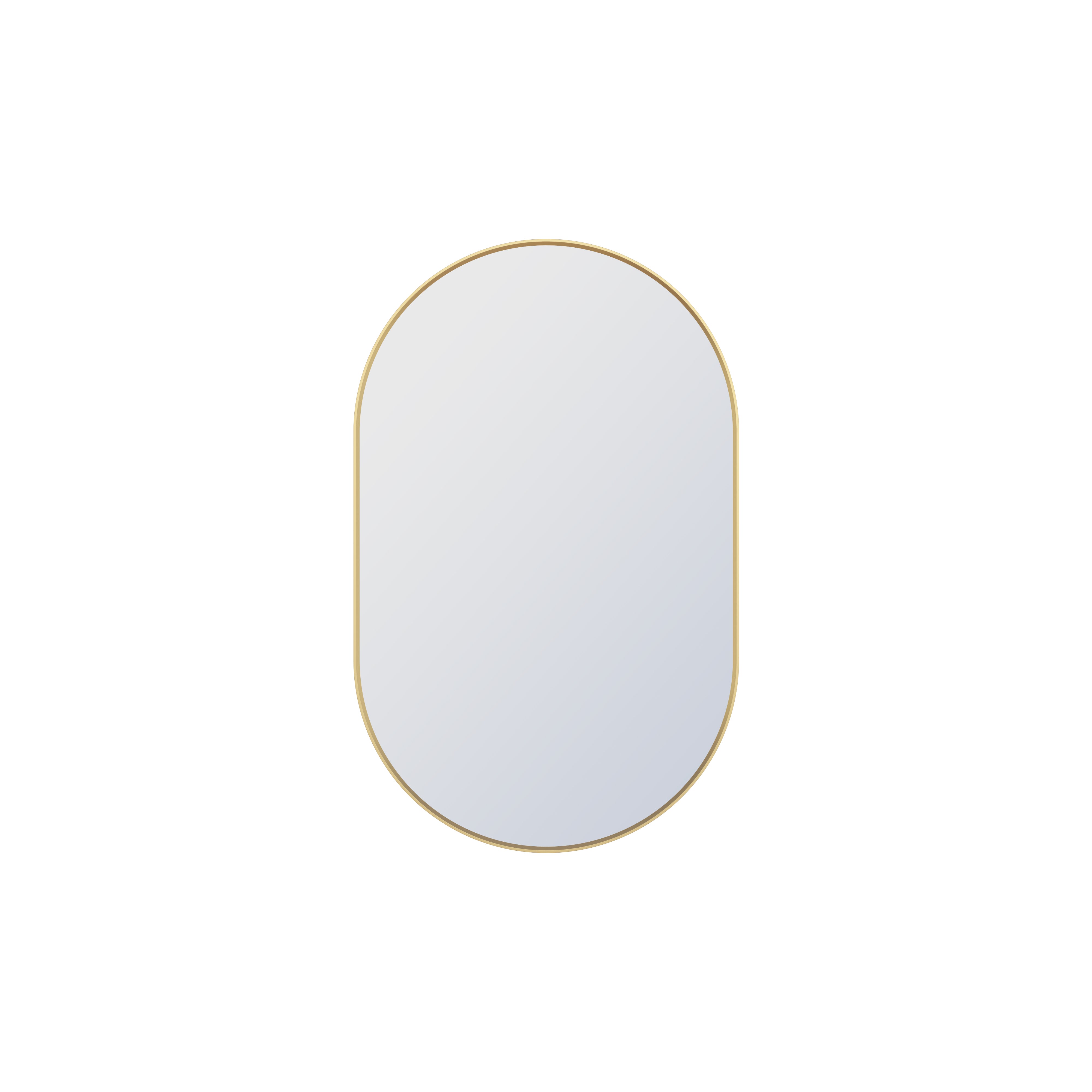
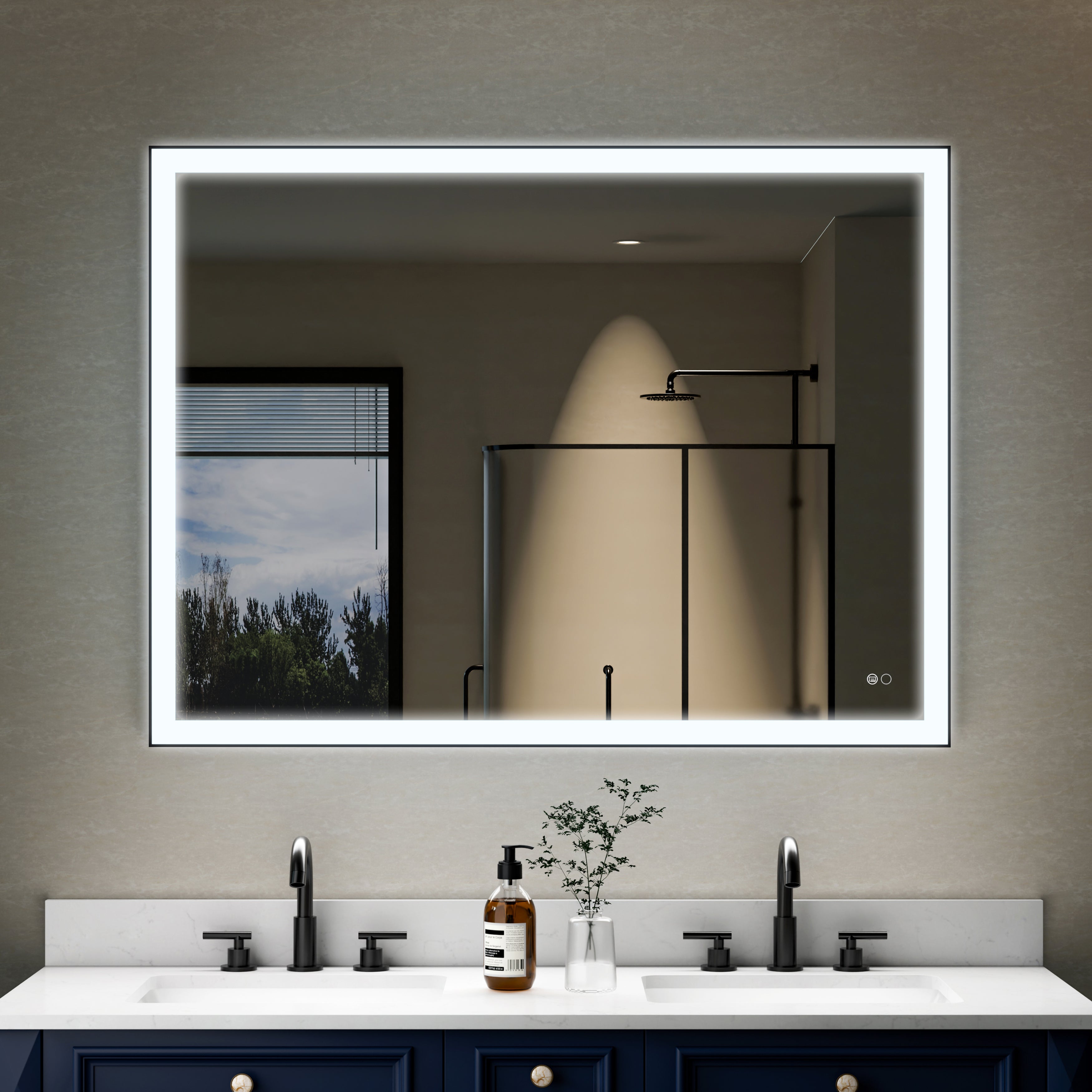
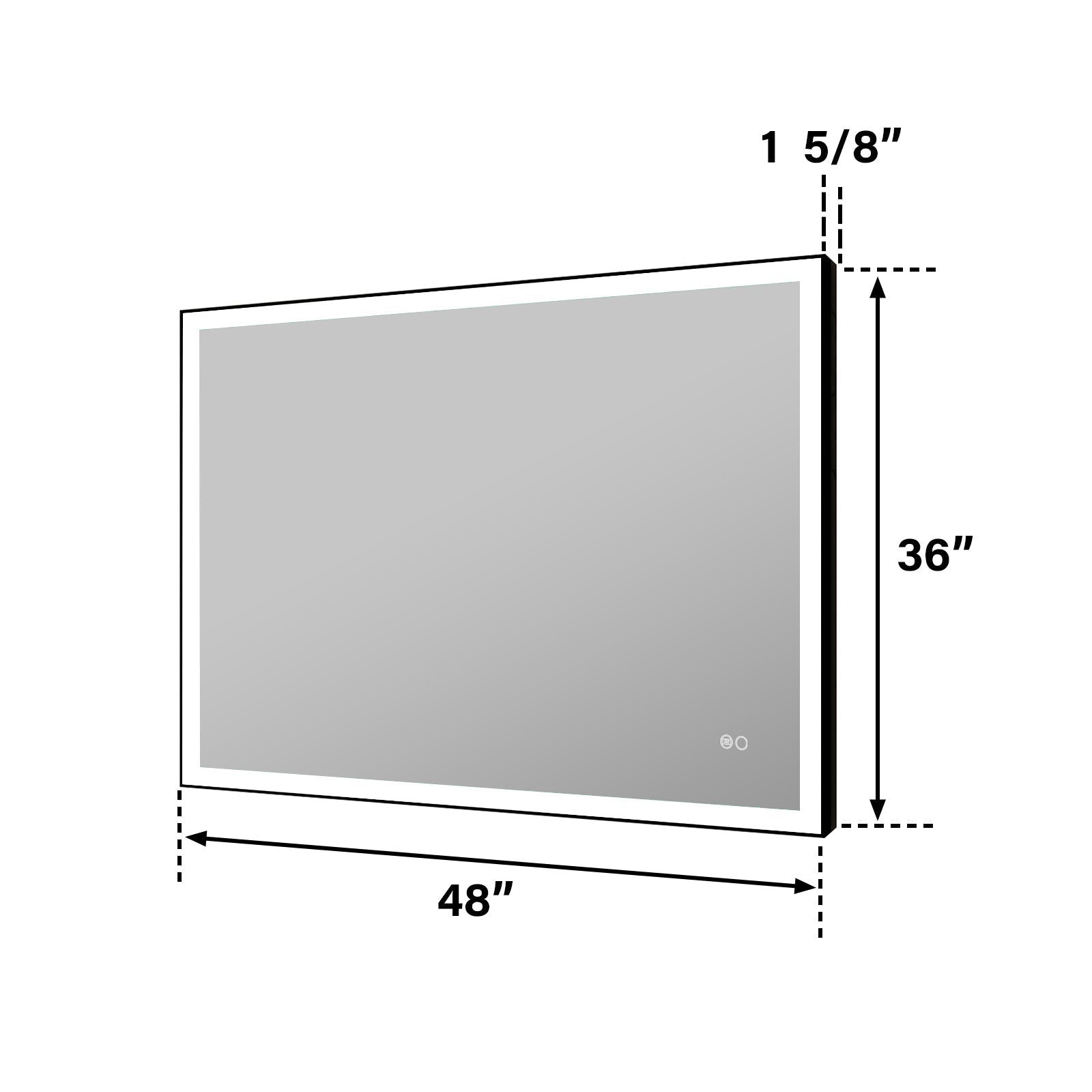
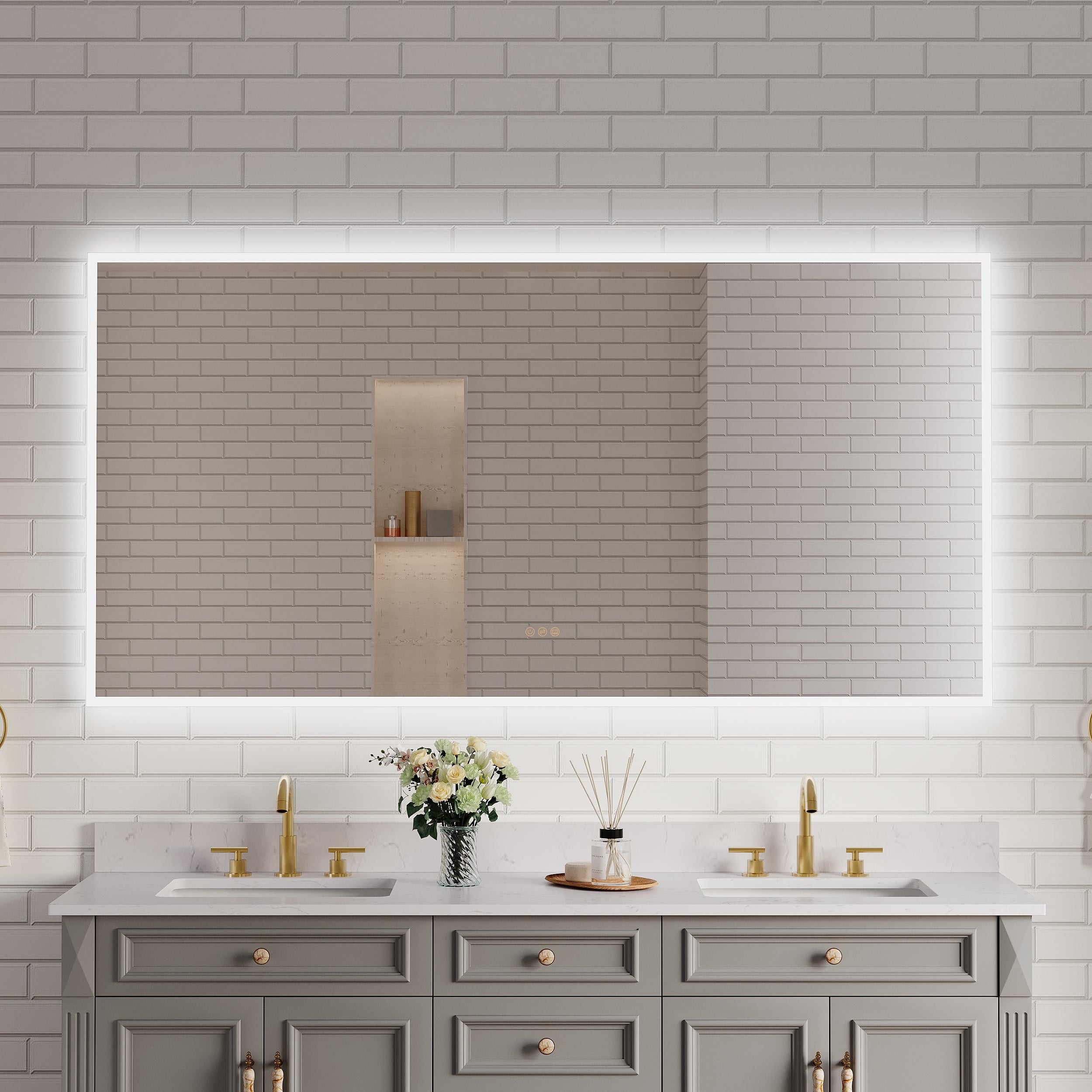

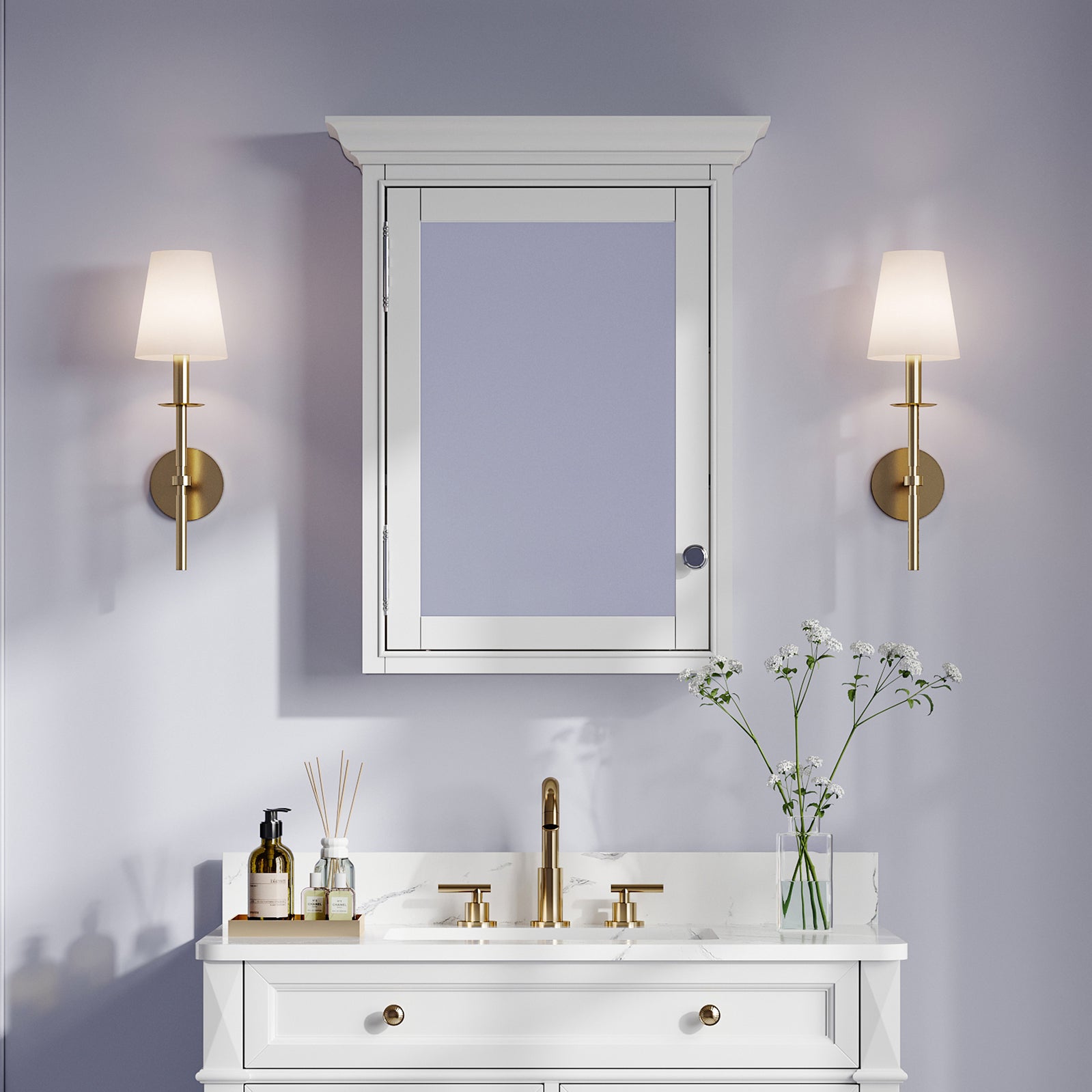
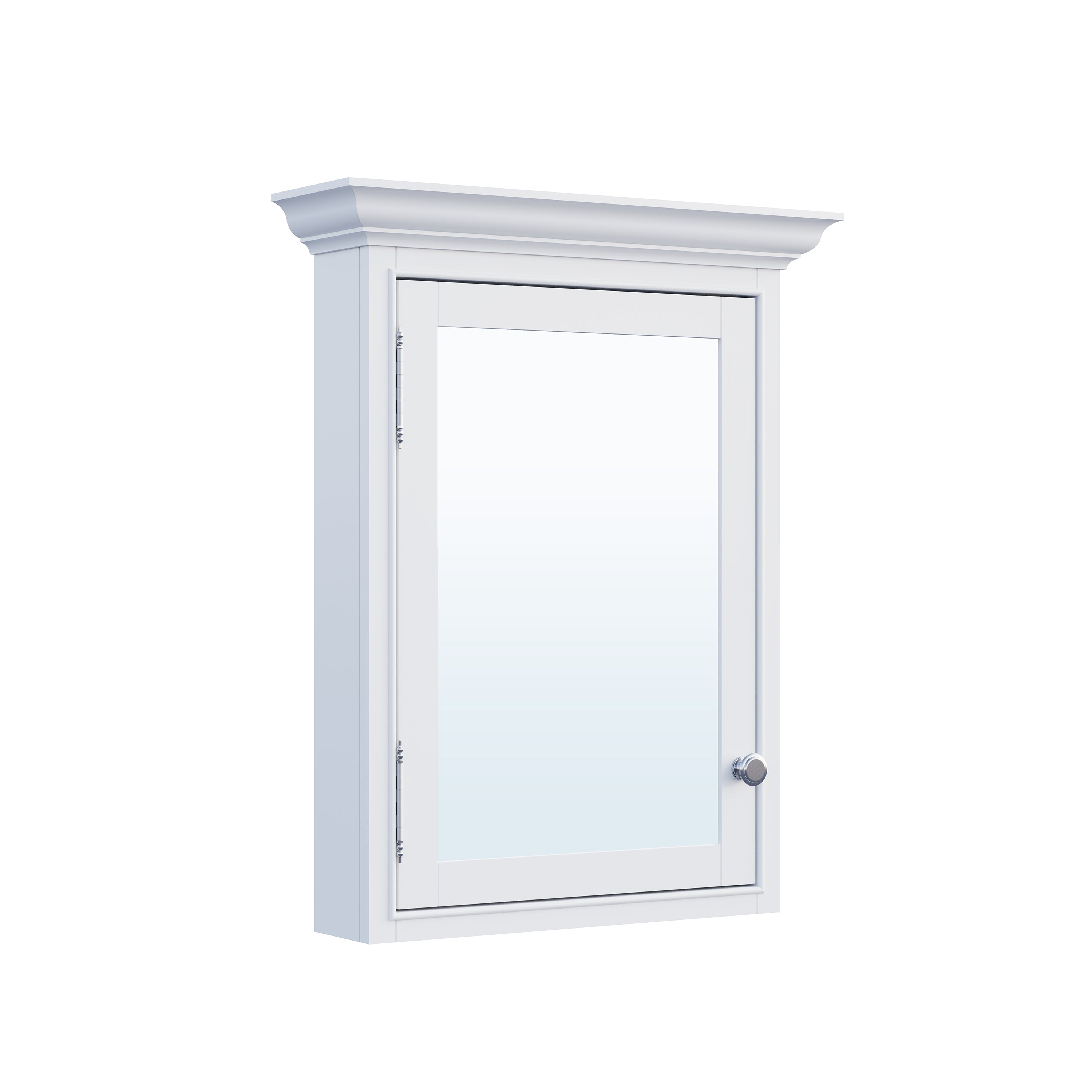
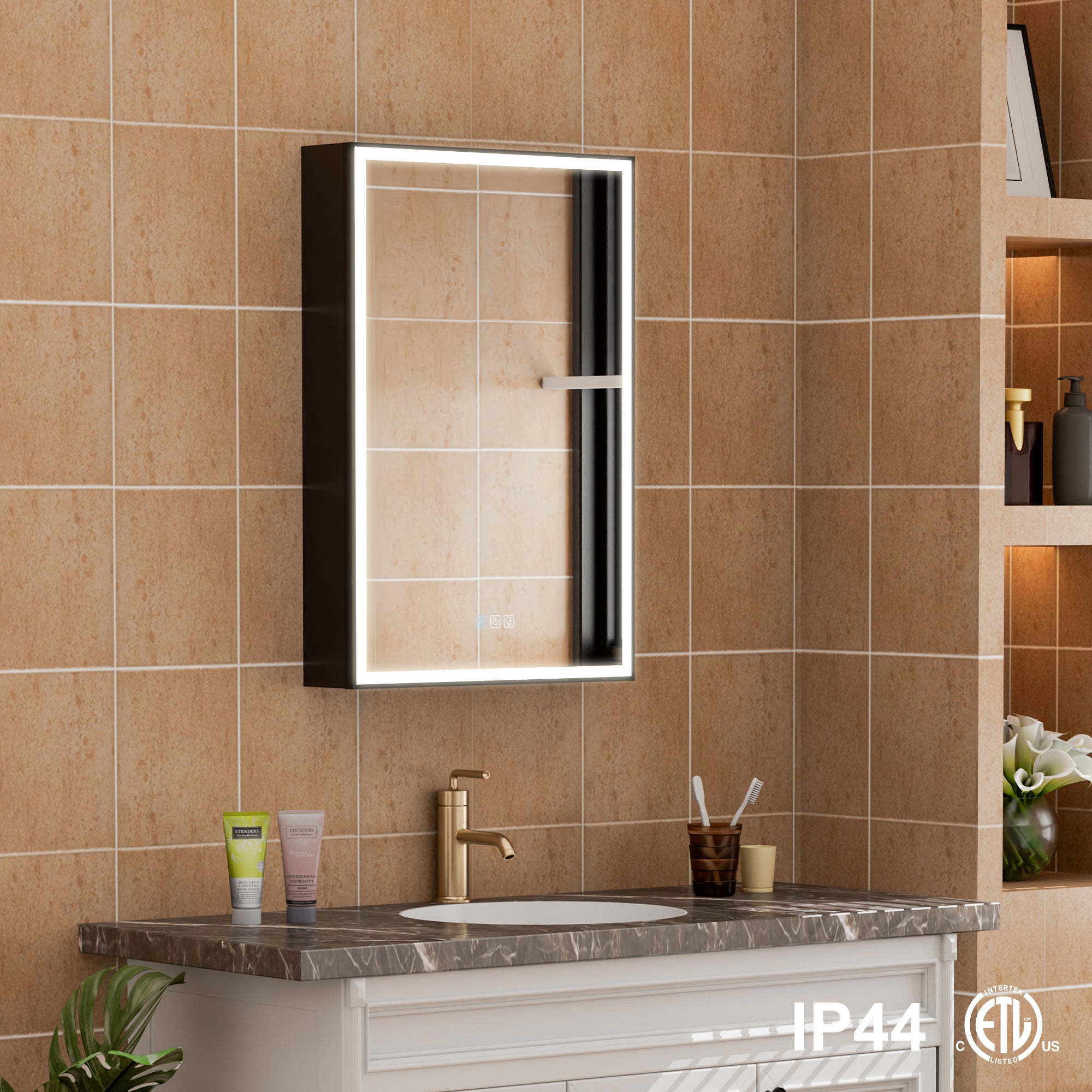
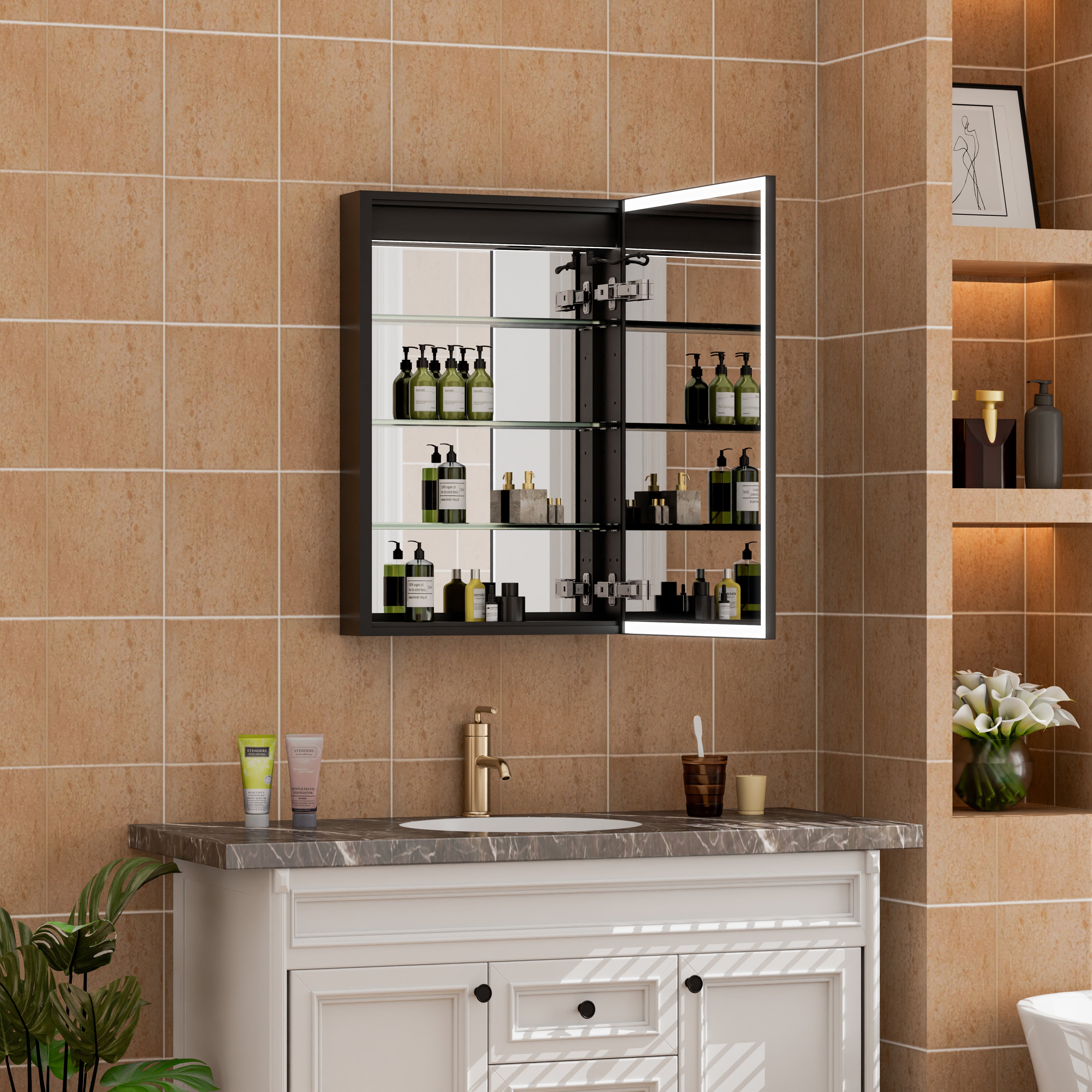
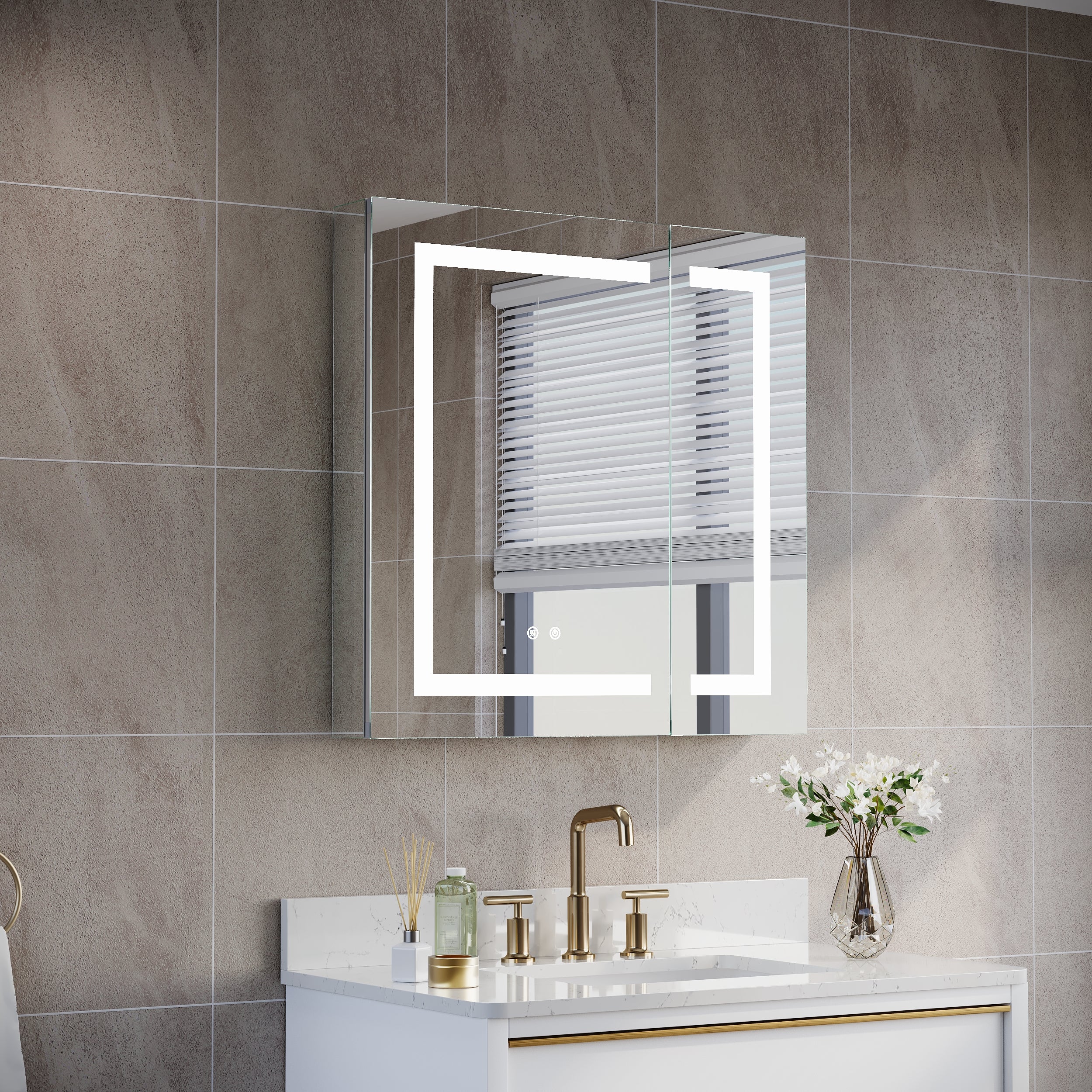
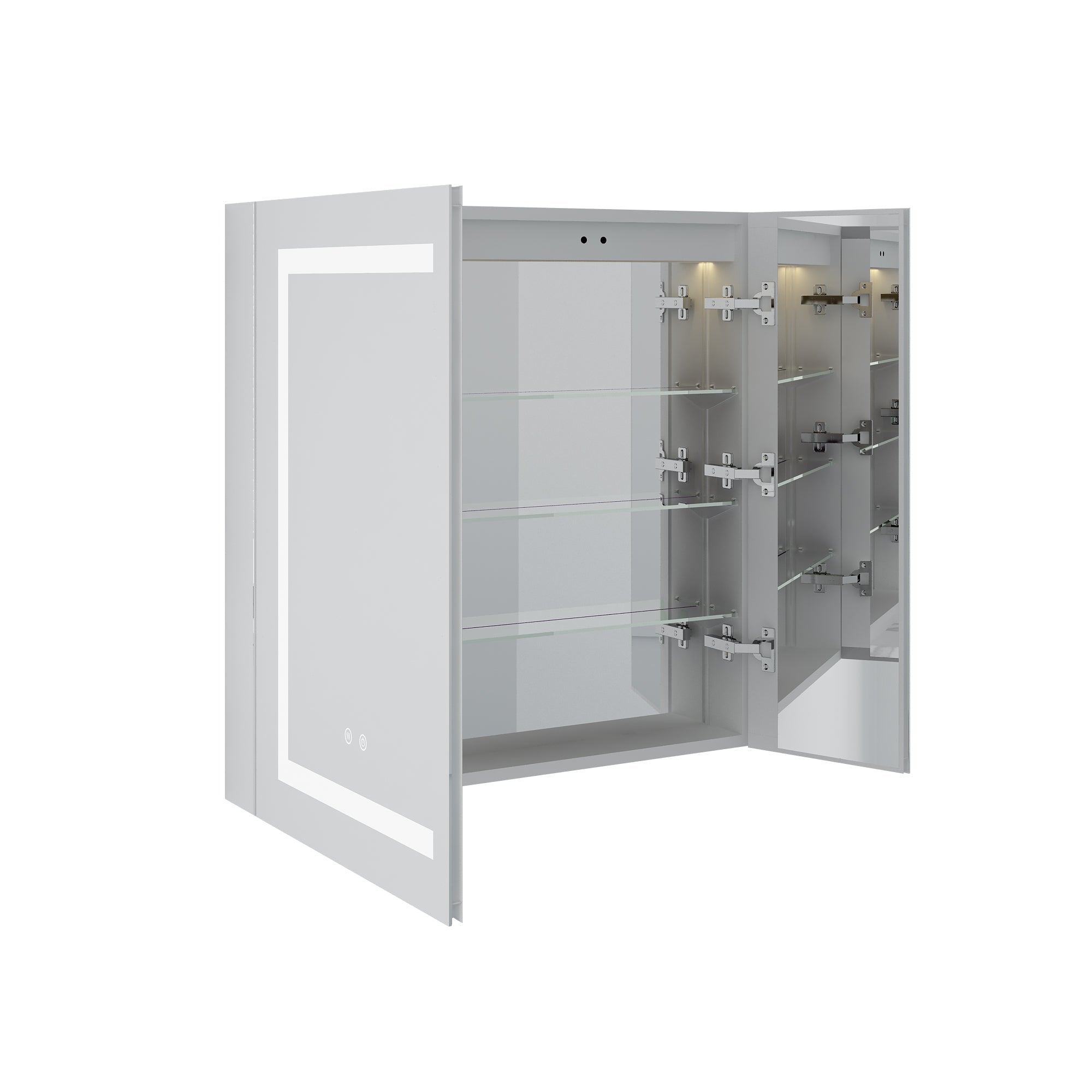
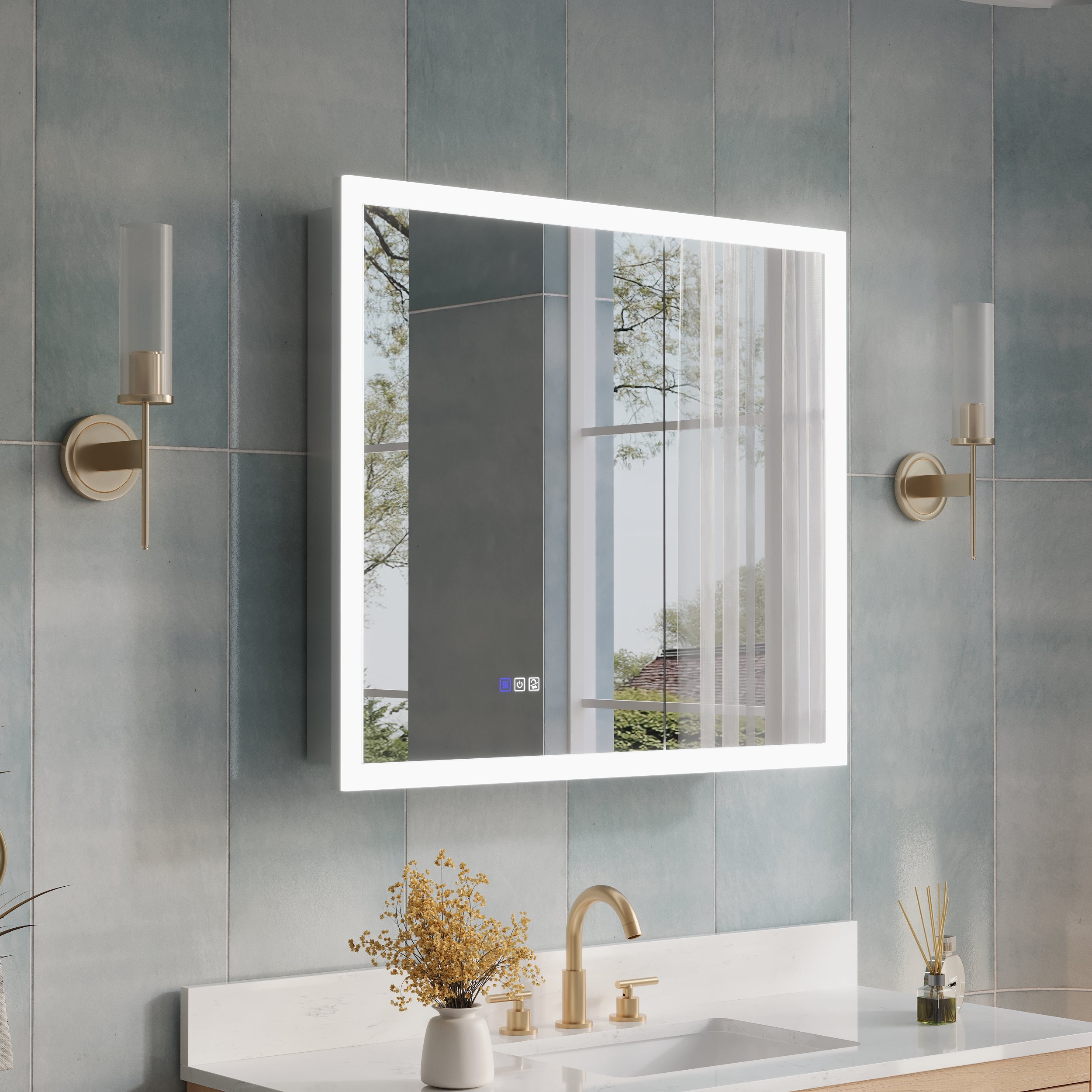

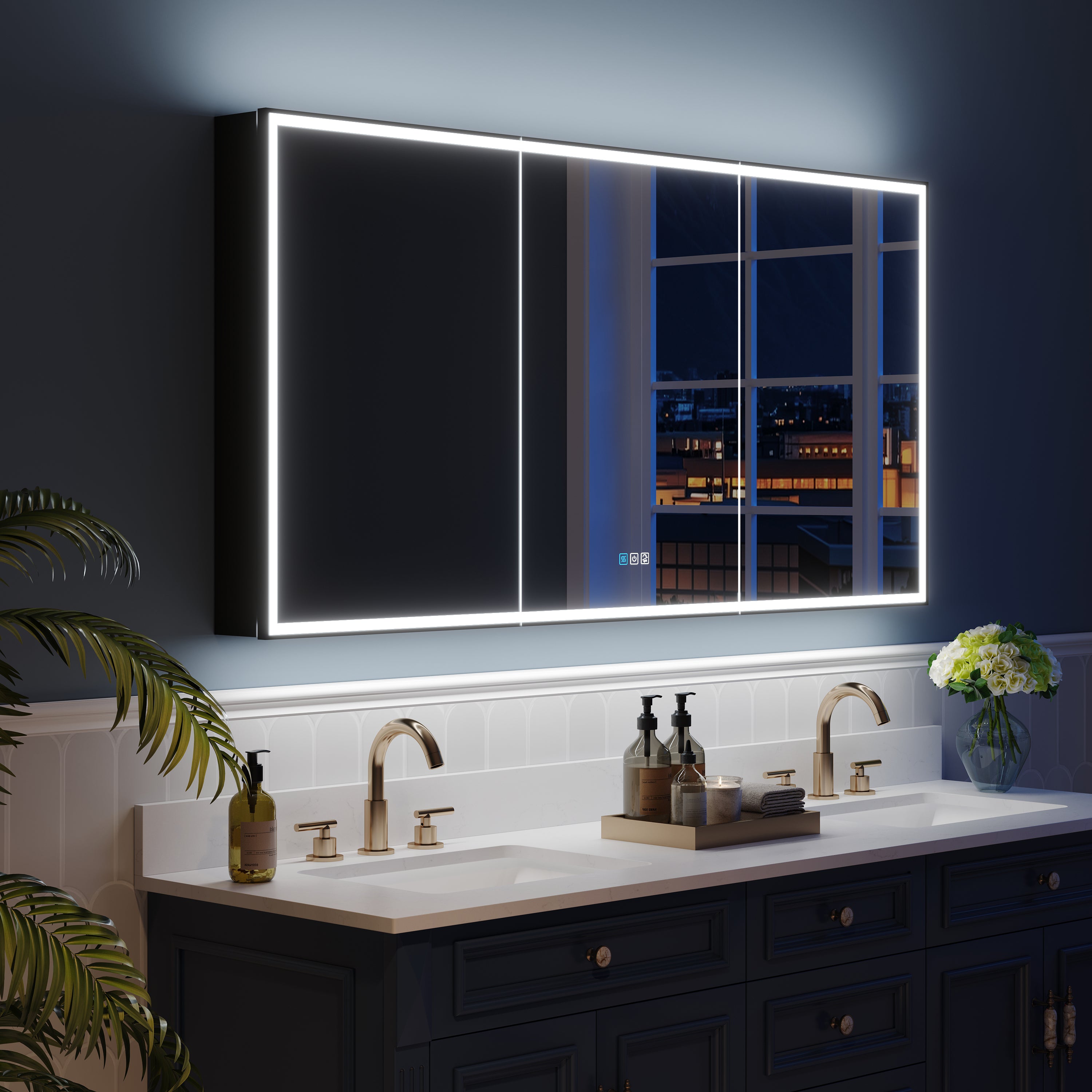
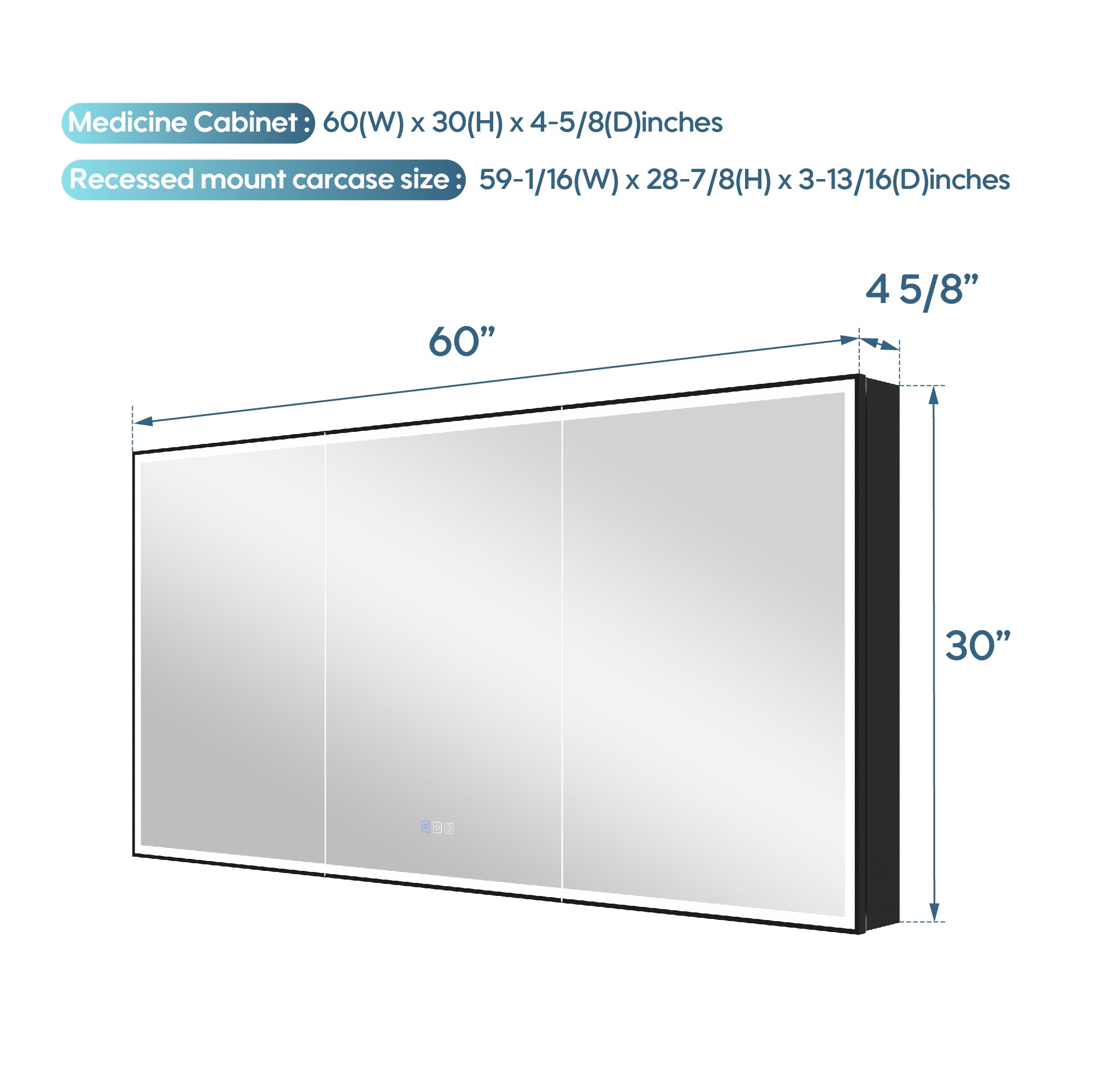
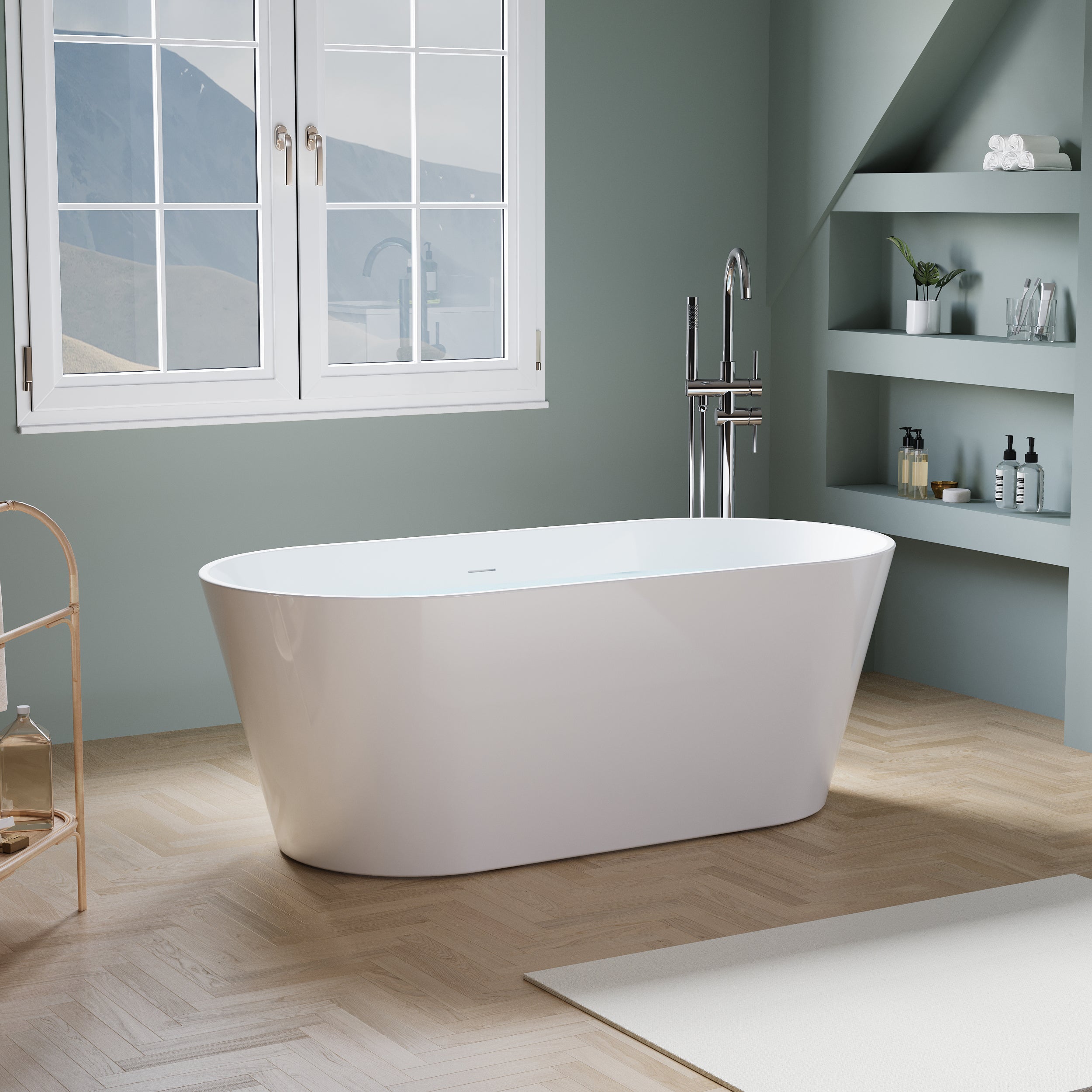
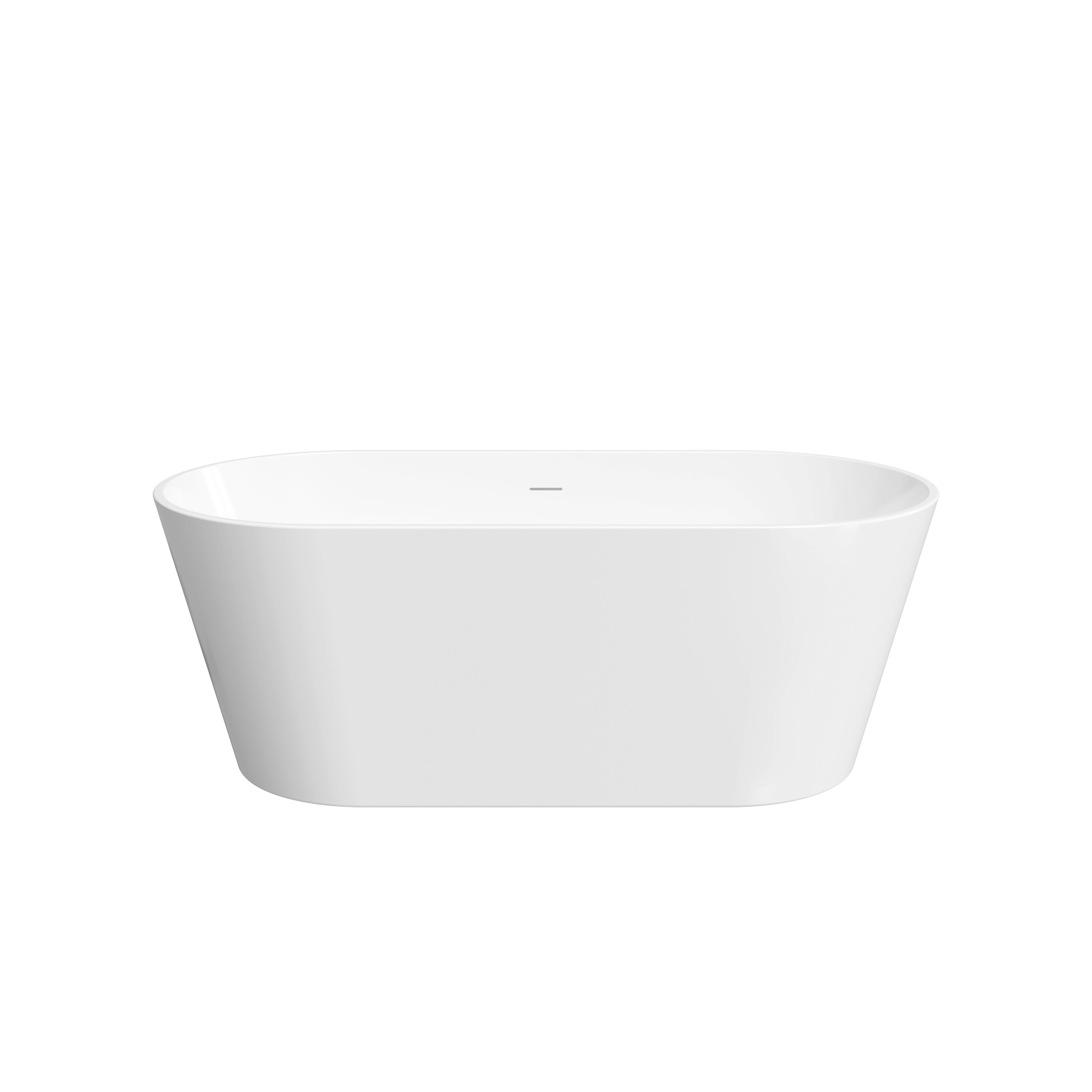


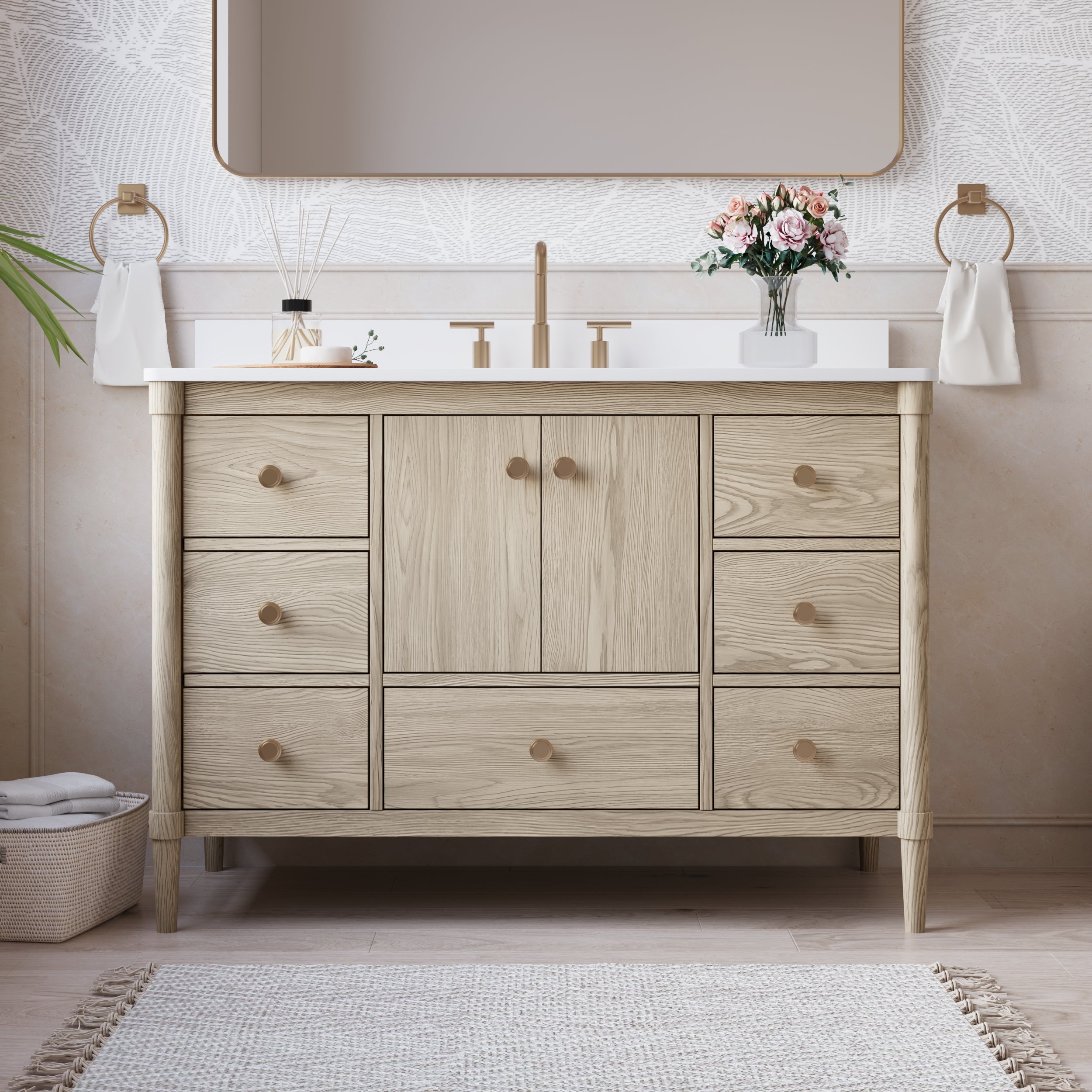
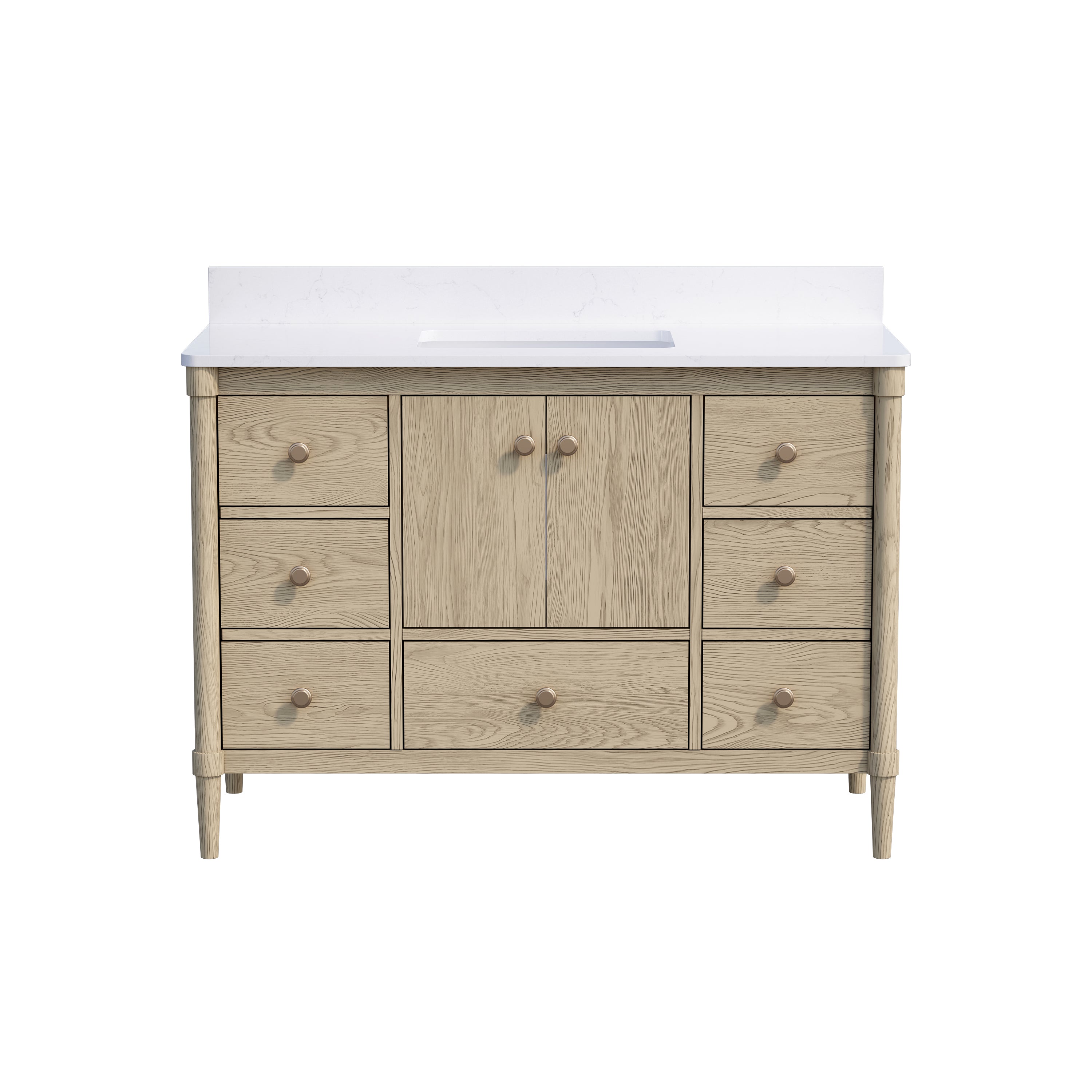
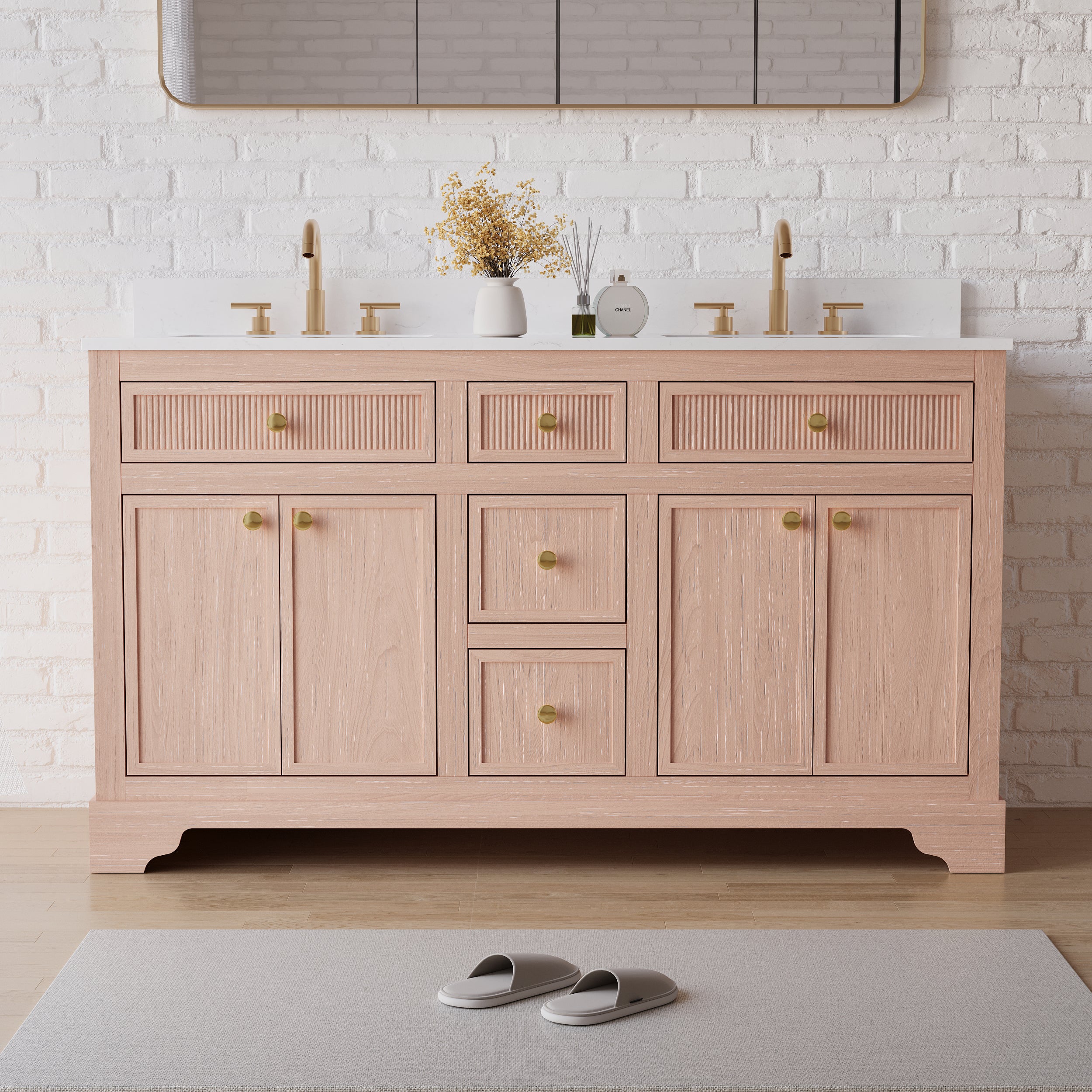
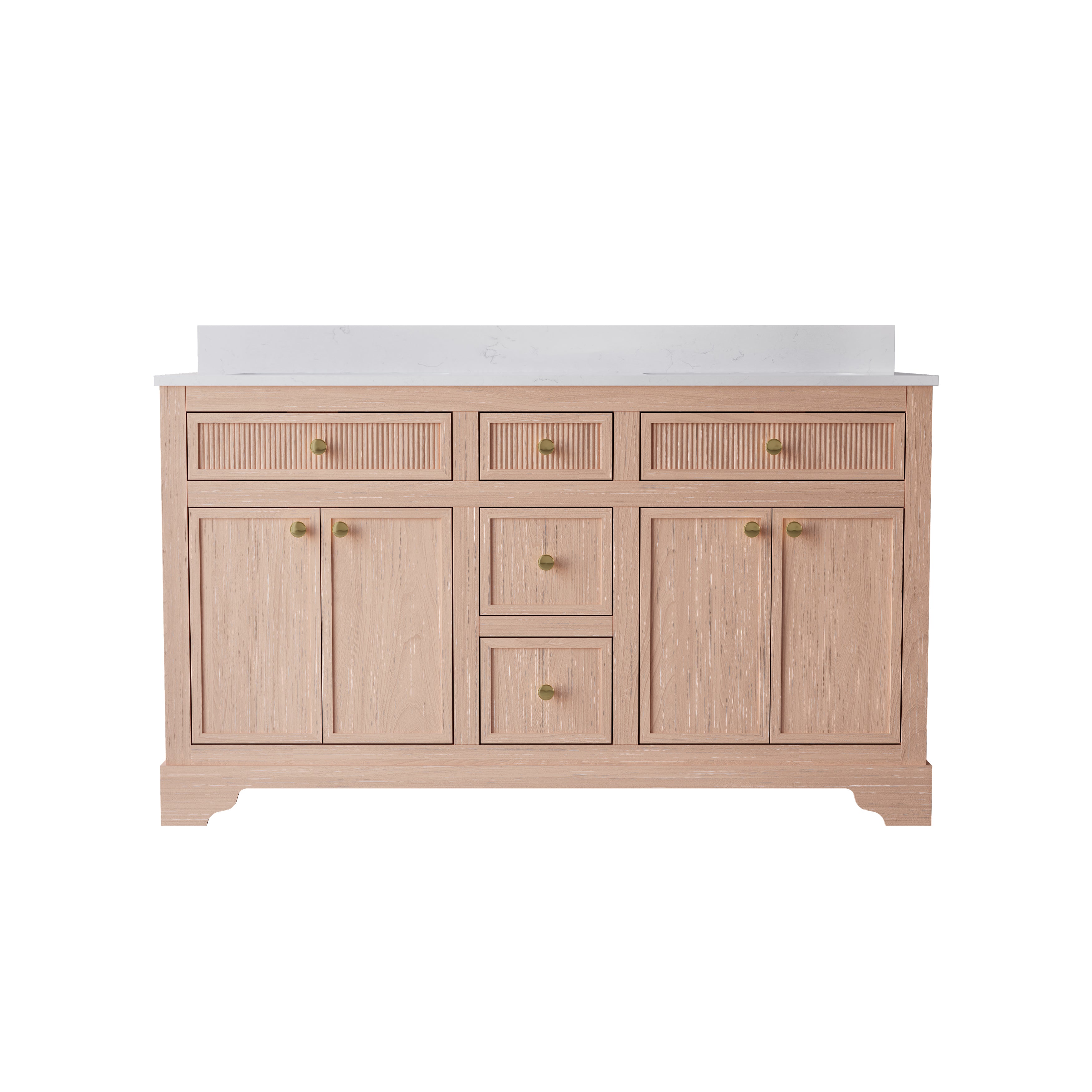
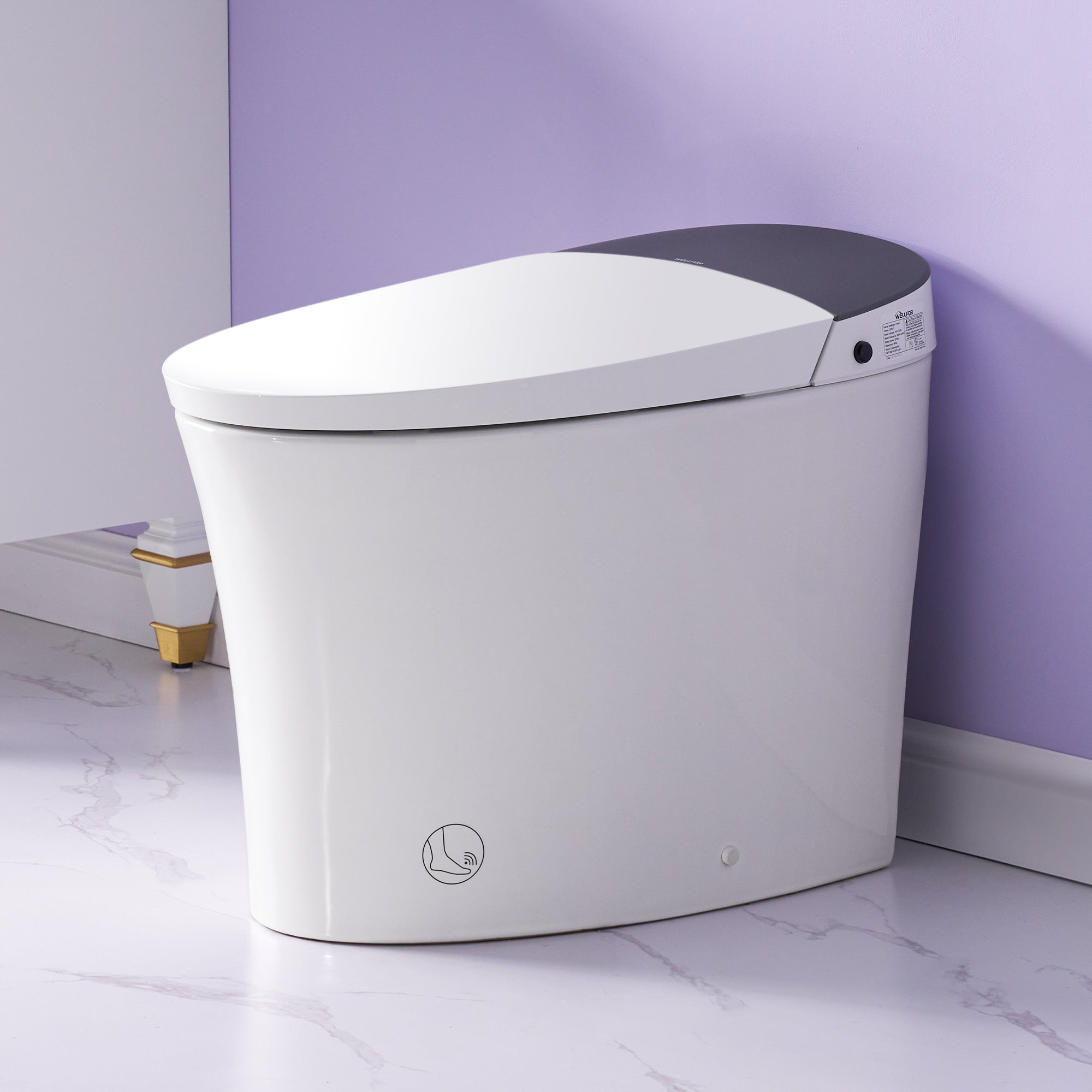
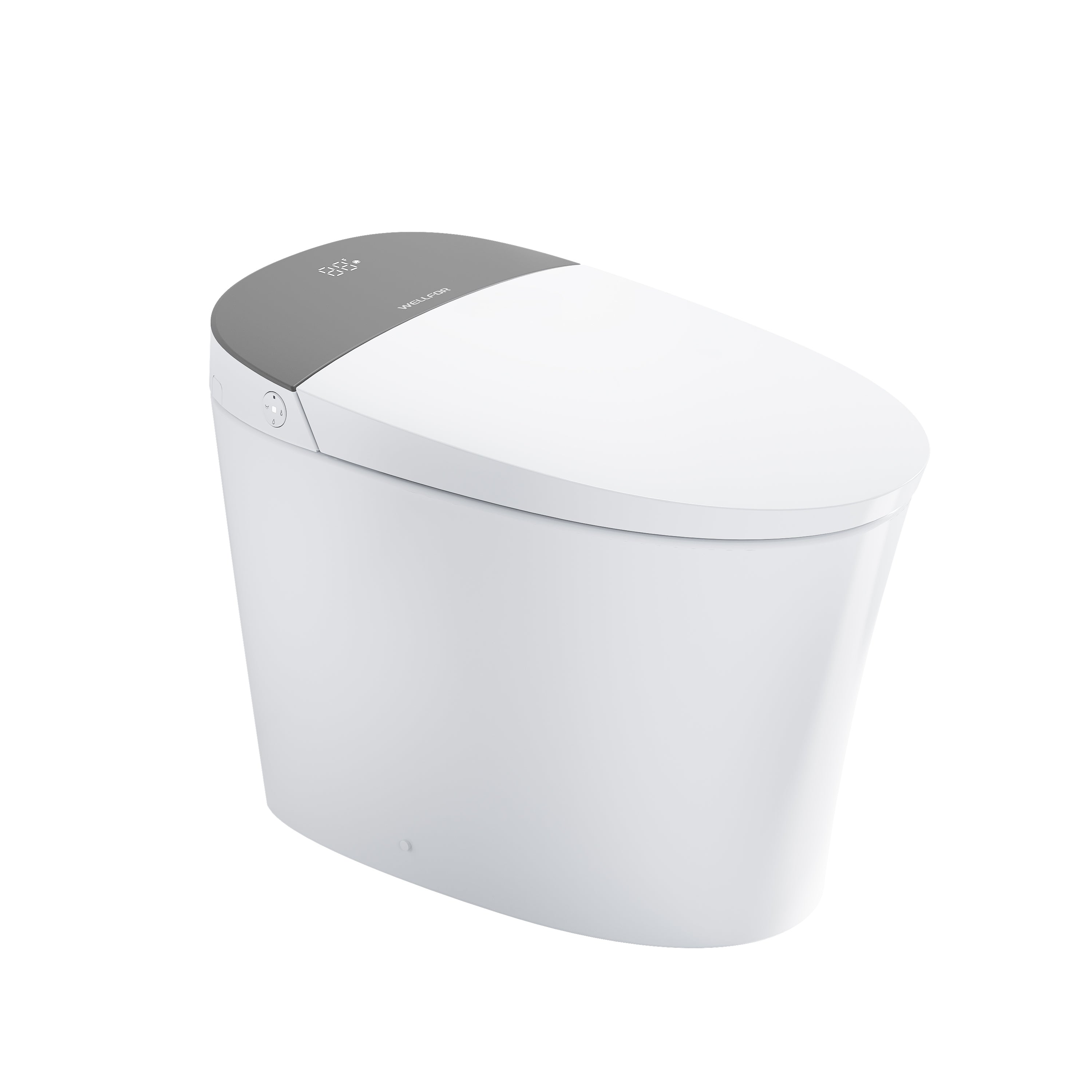
Leave a comment
This site is protected by hCaptcha and the hCaptcha Privacy Policy and Terms of Service apply.